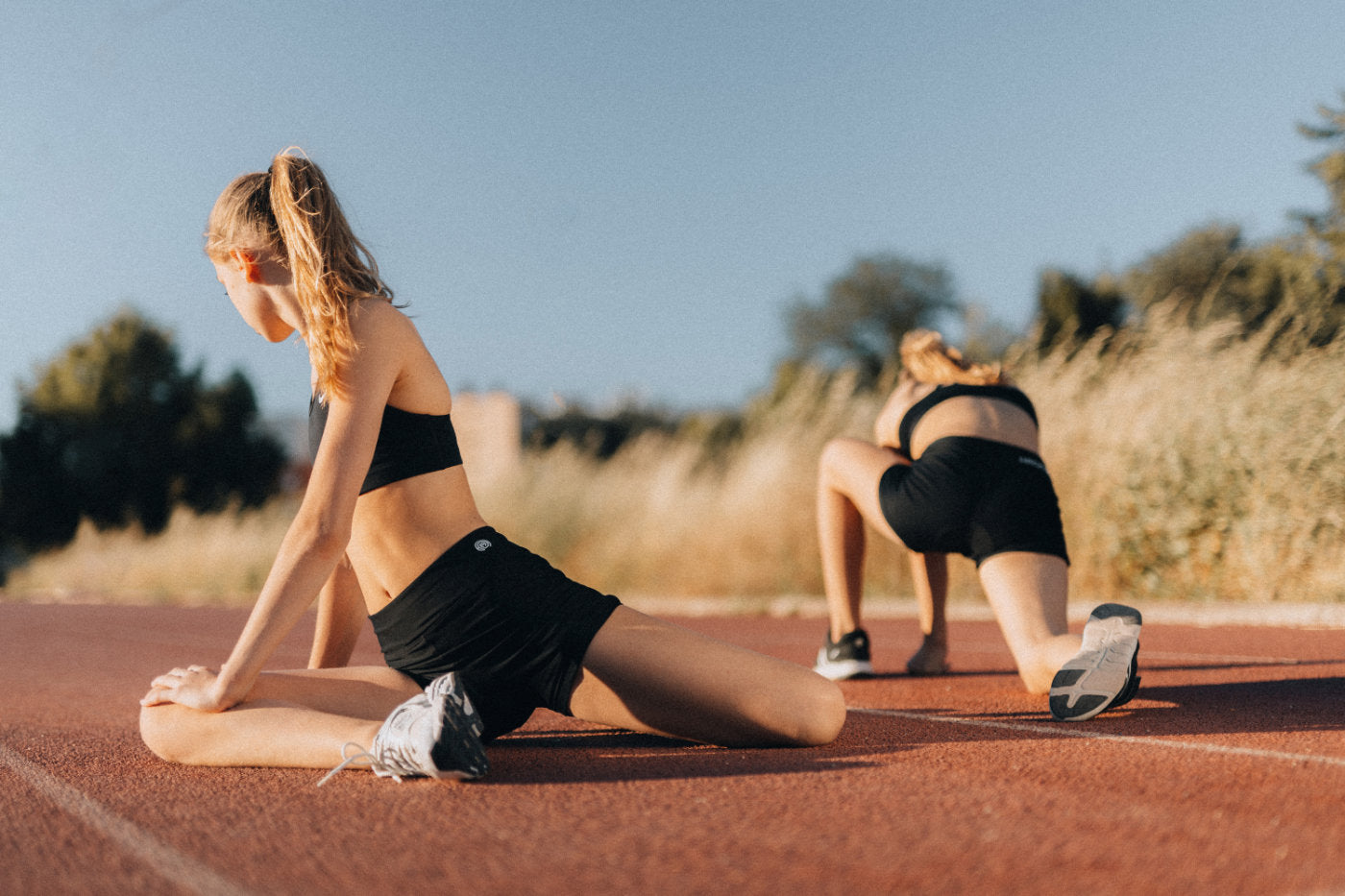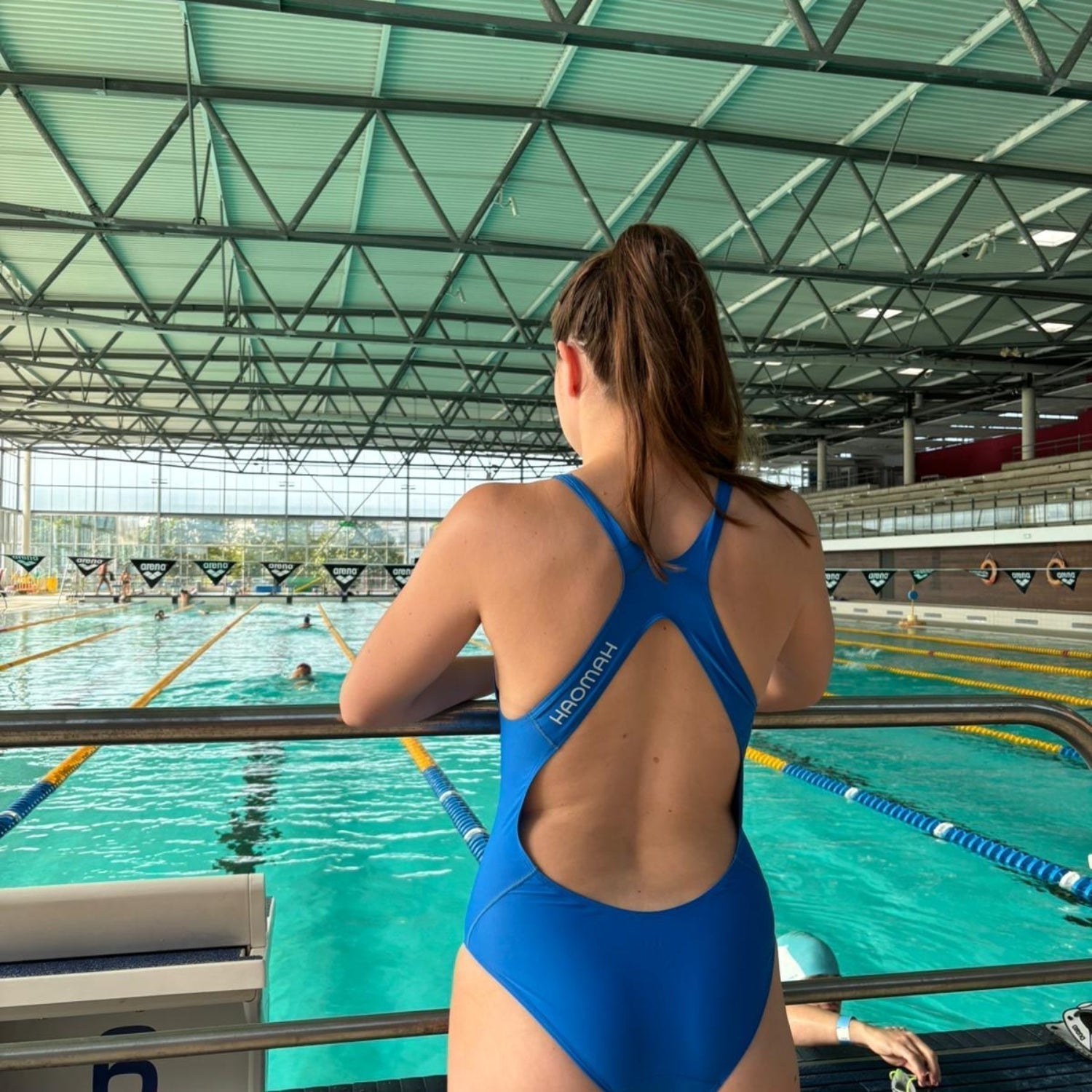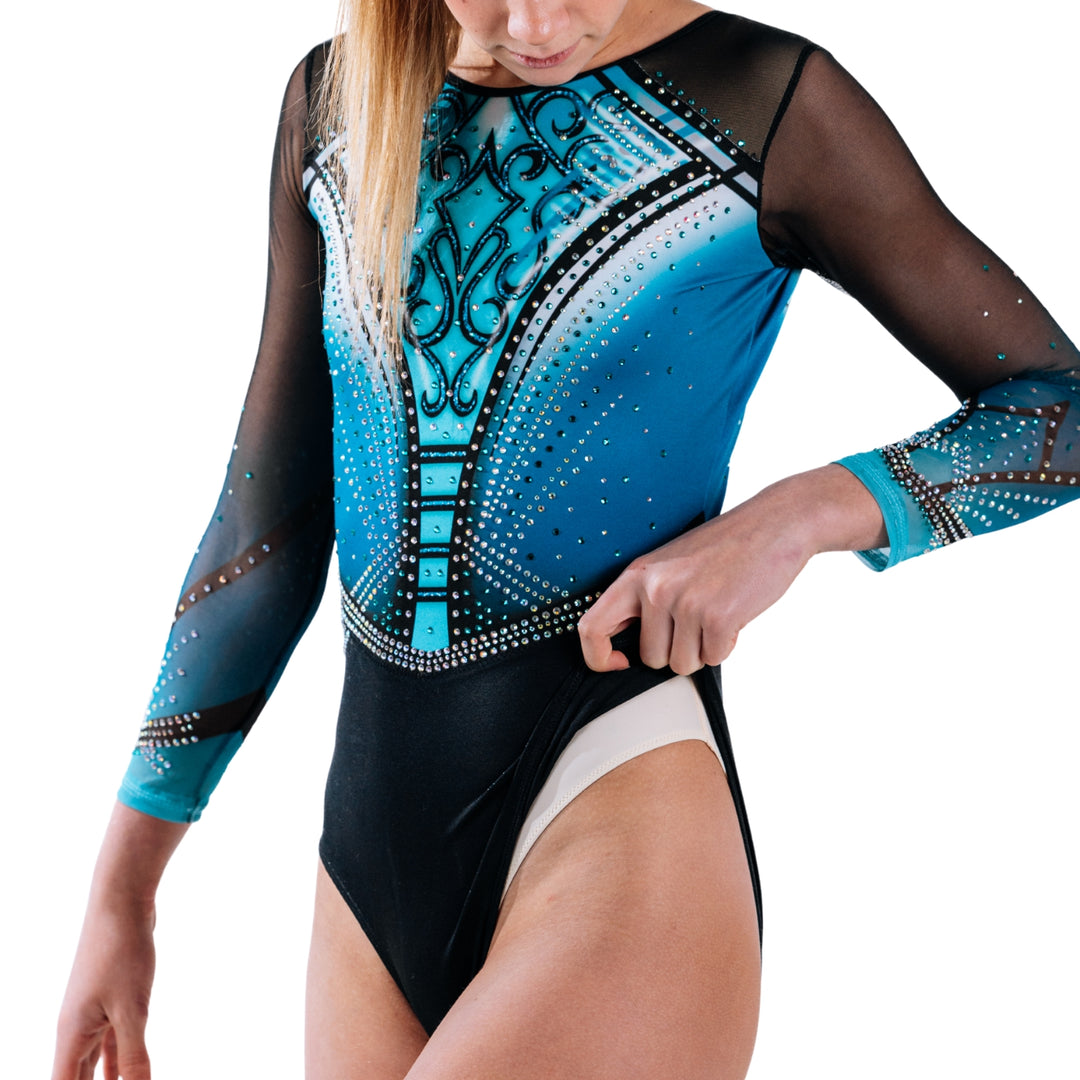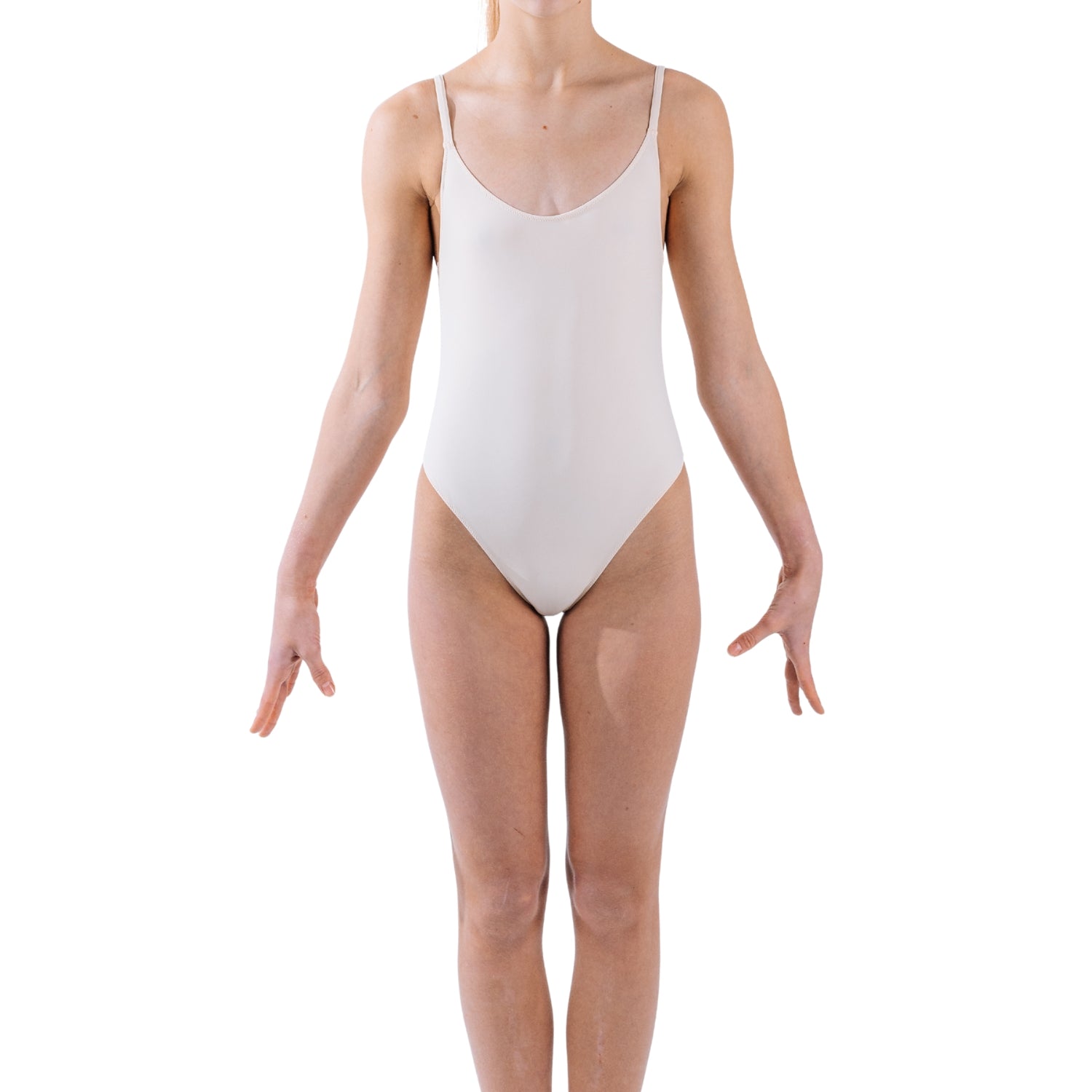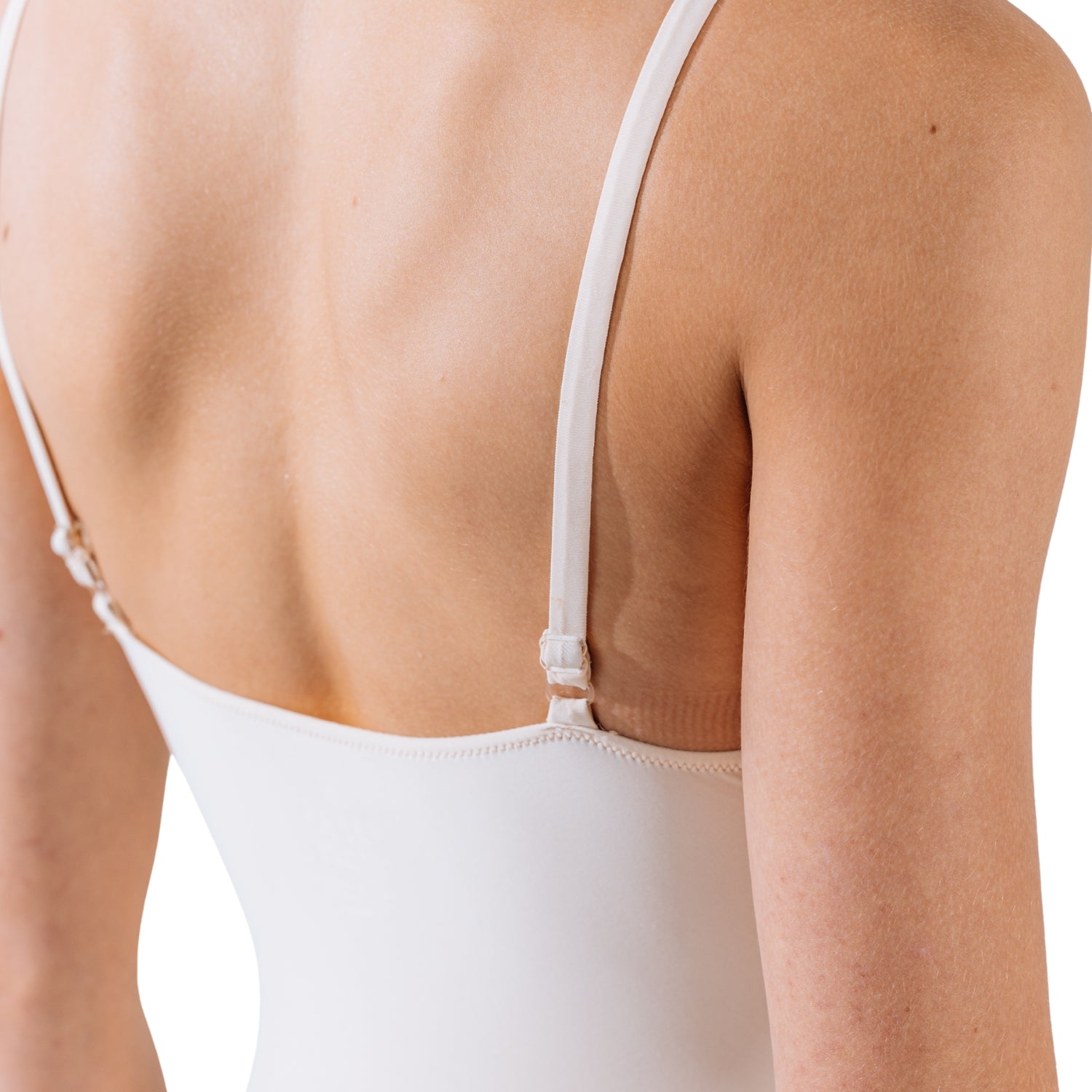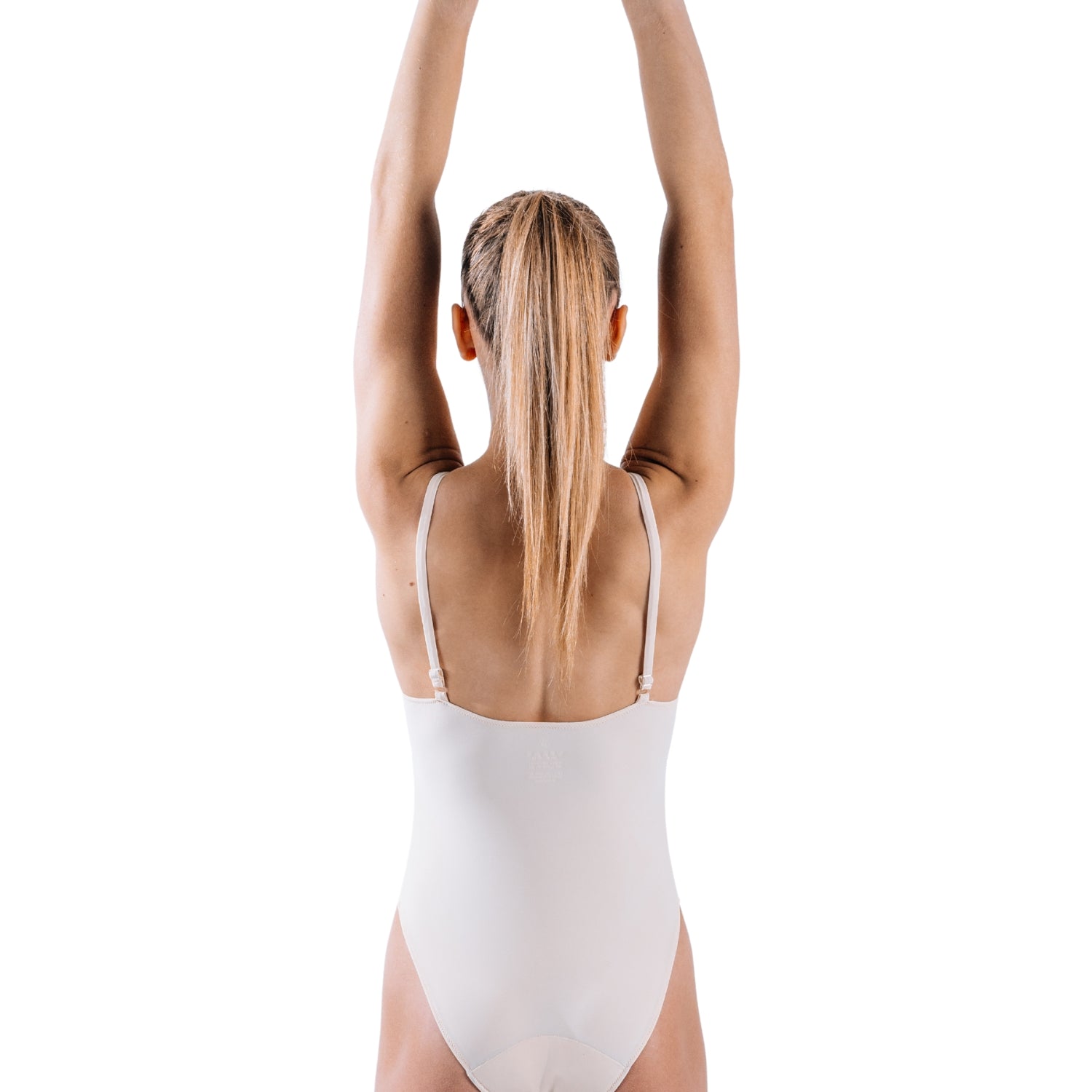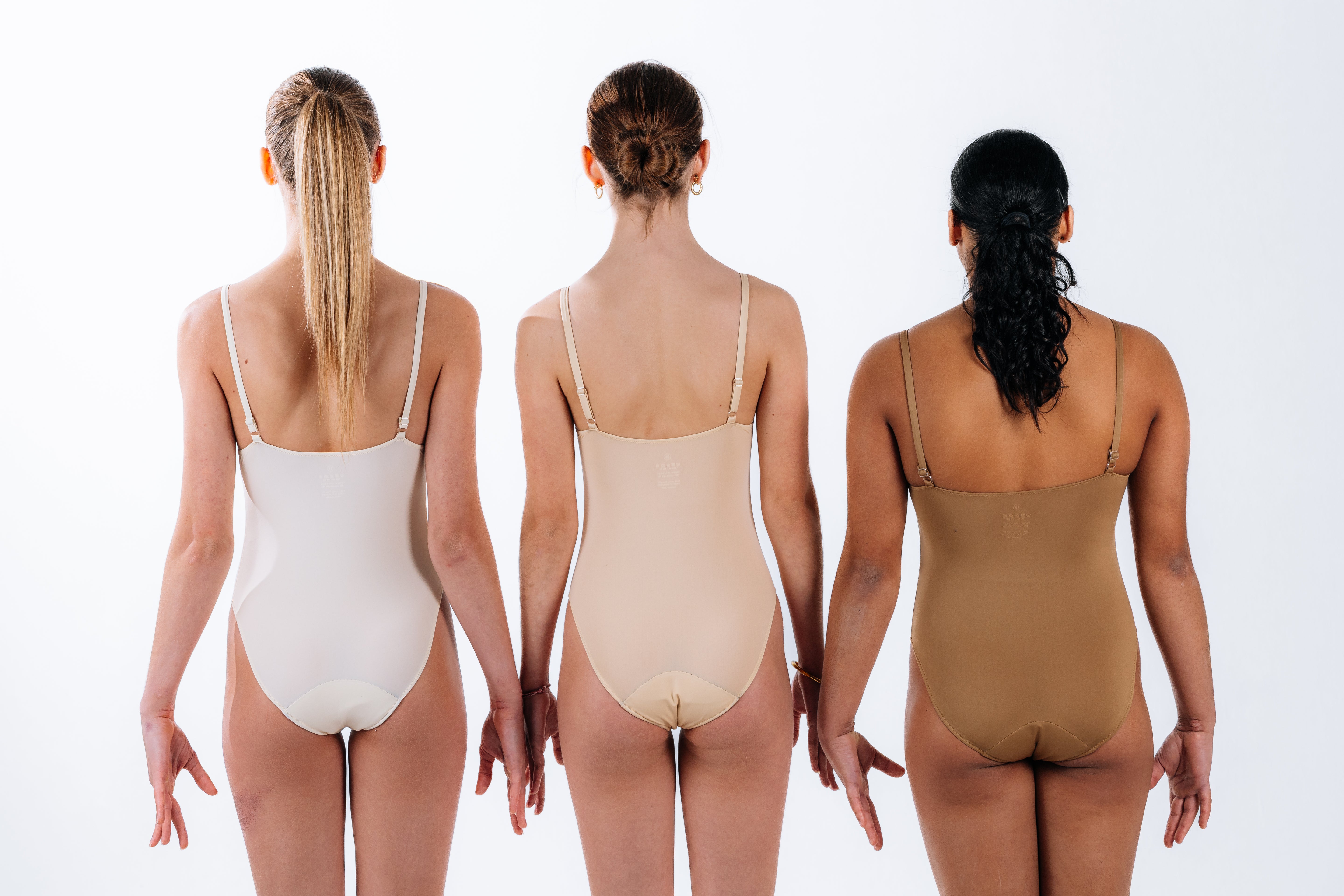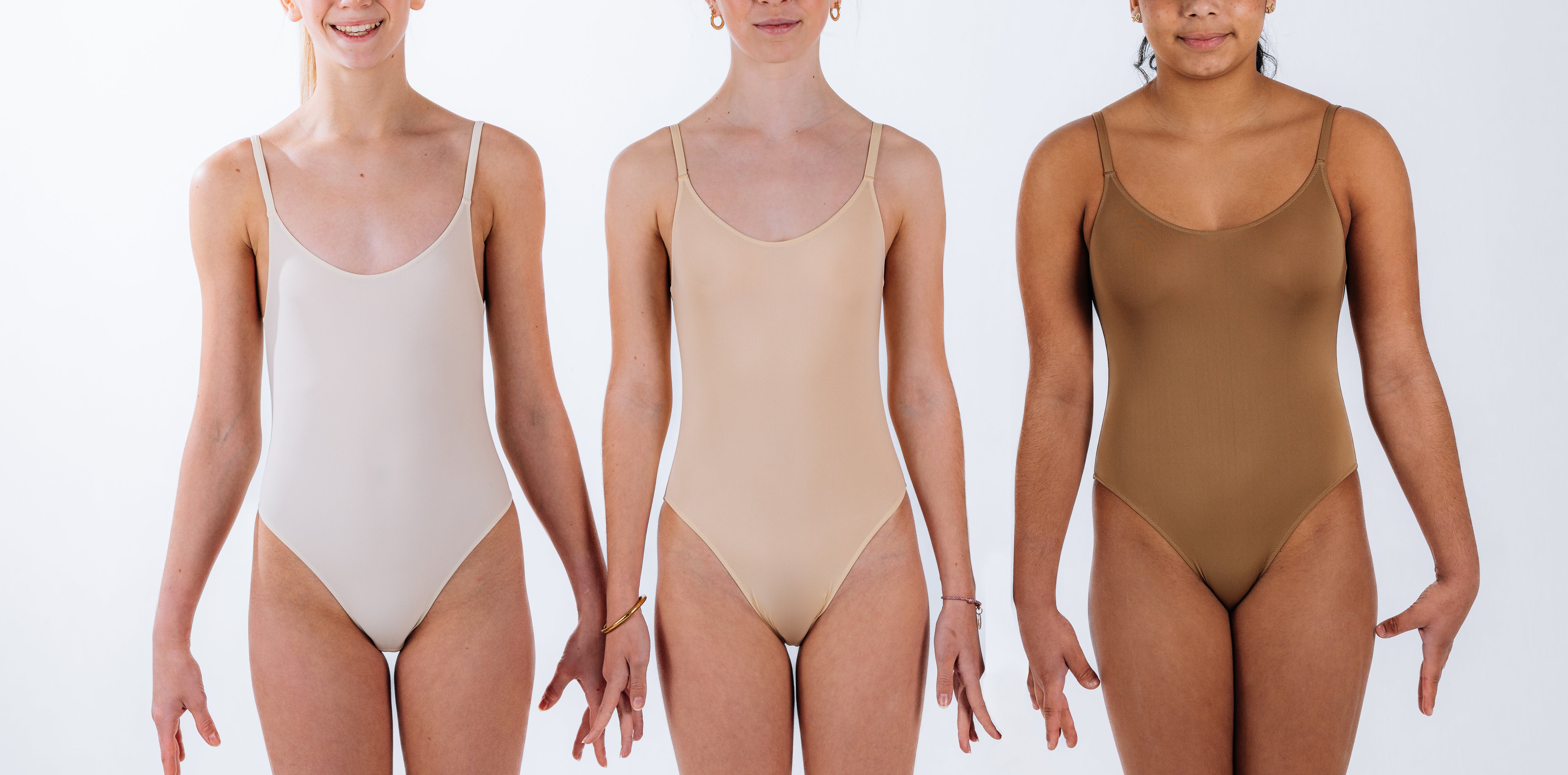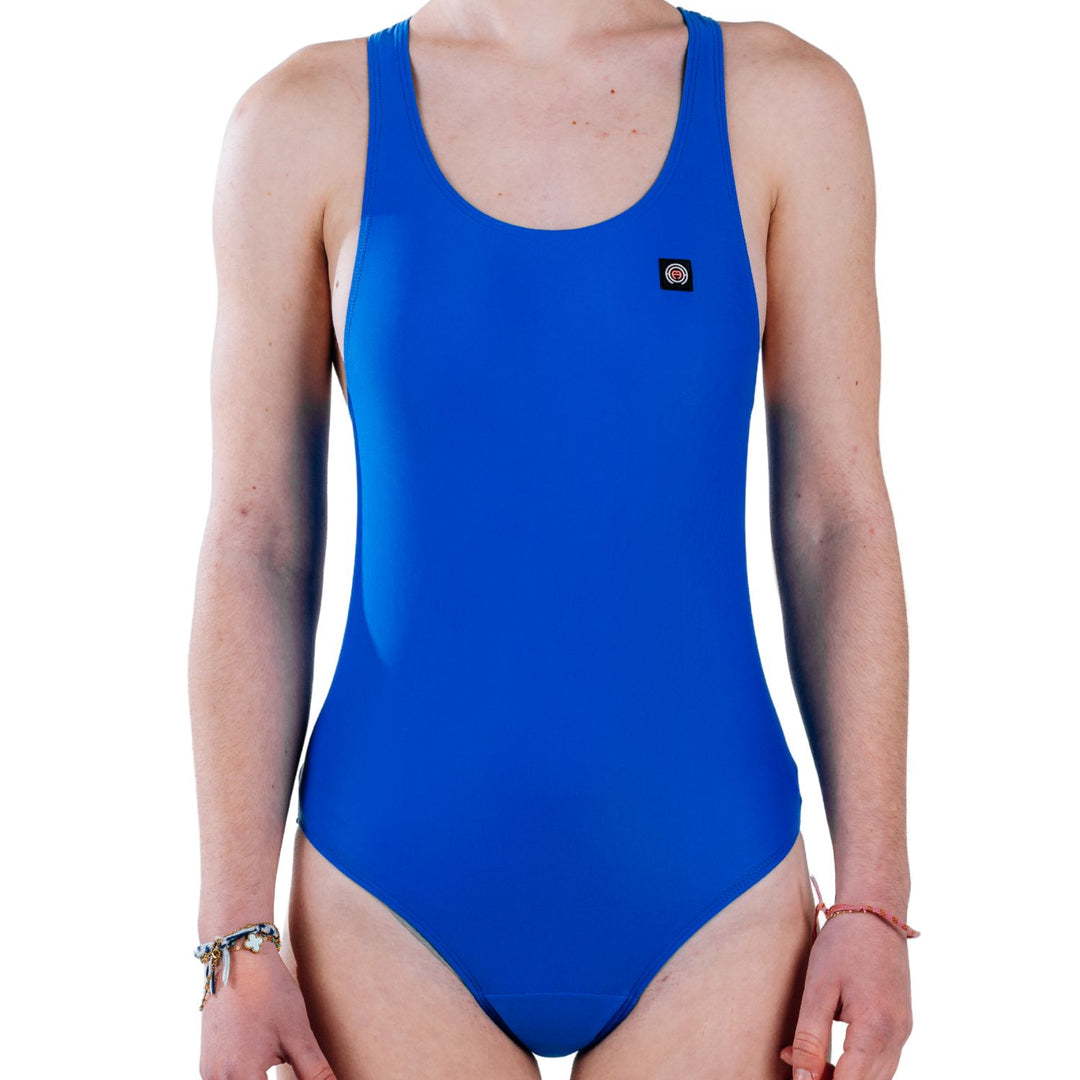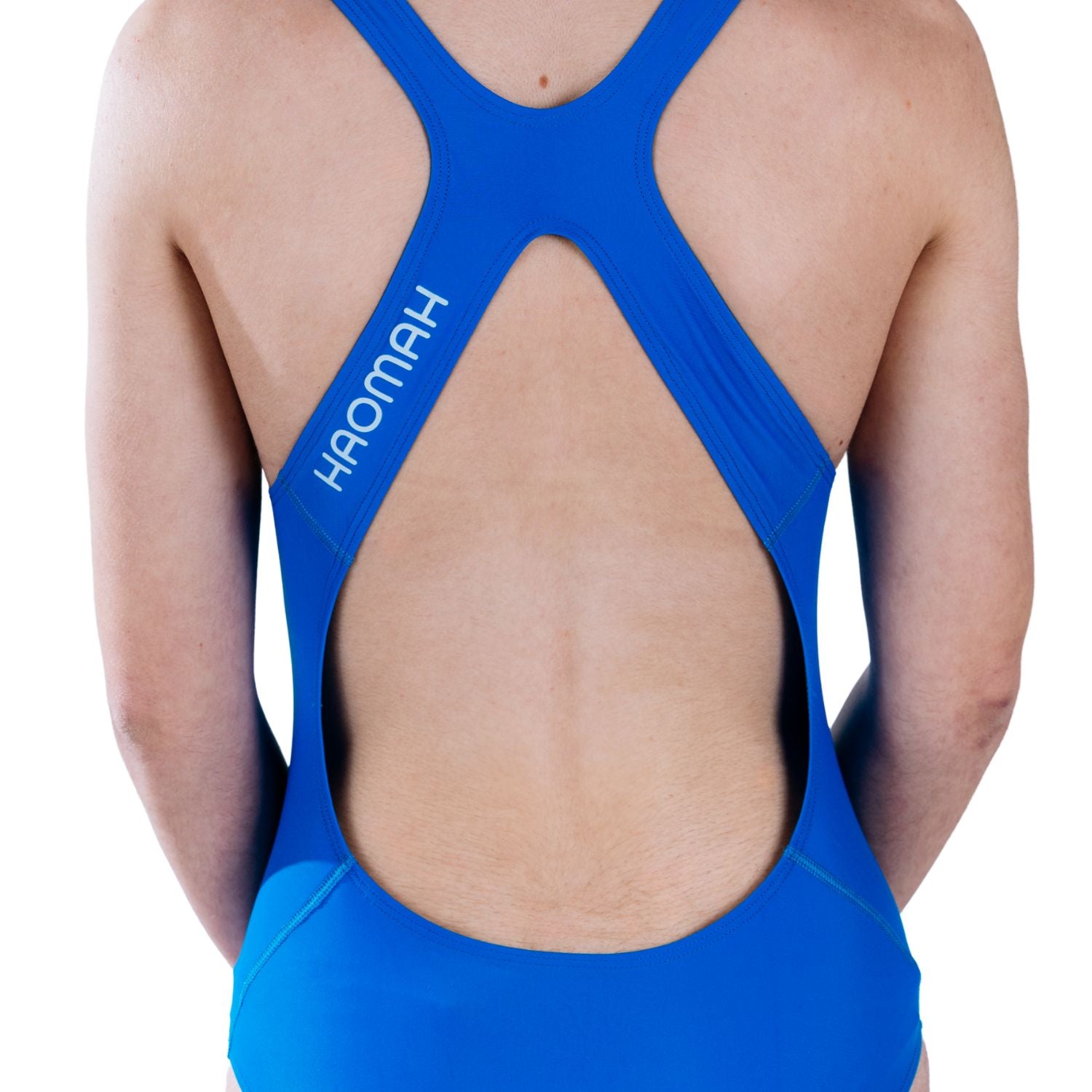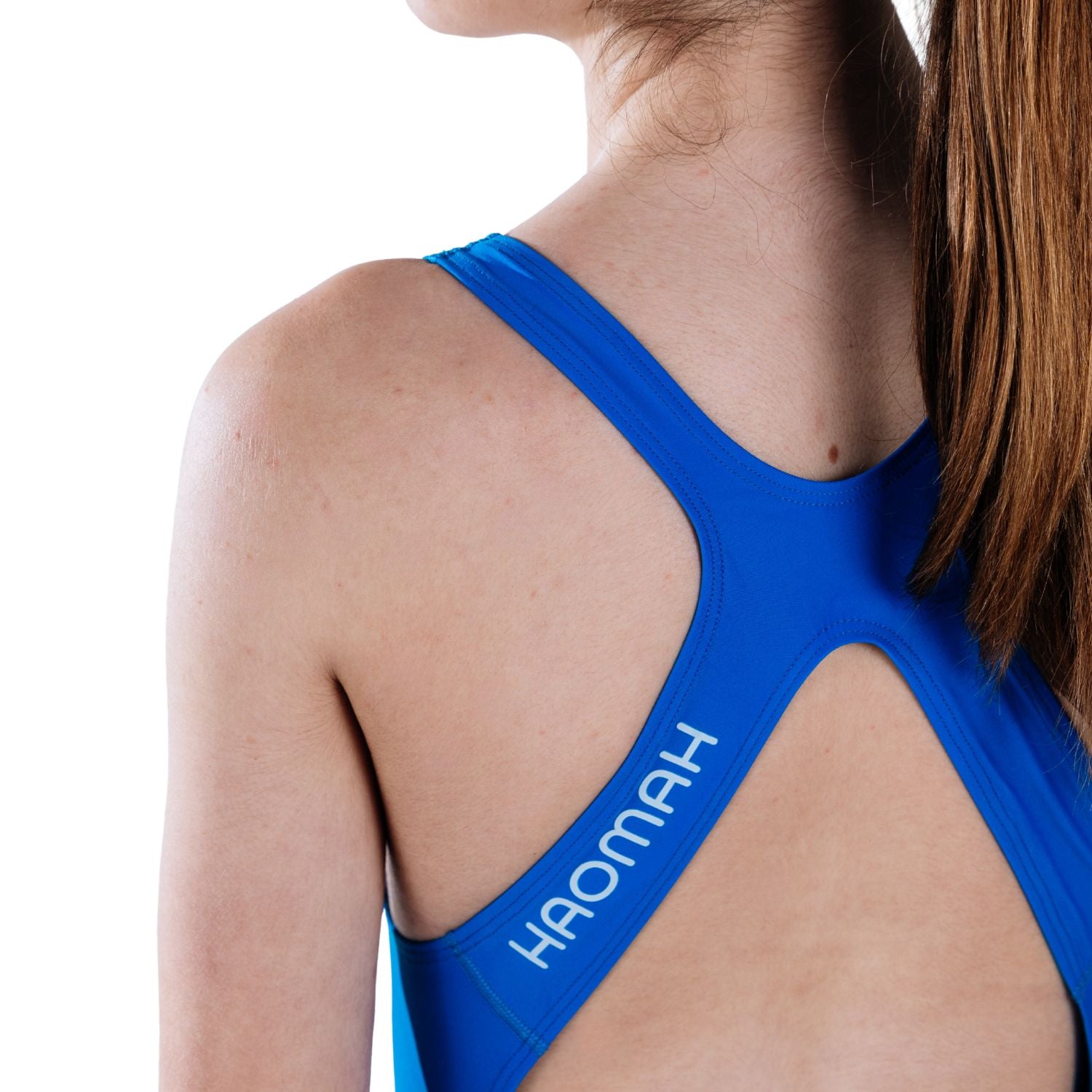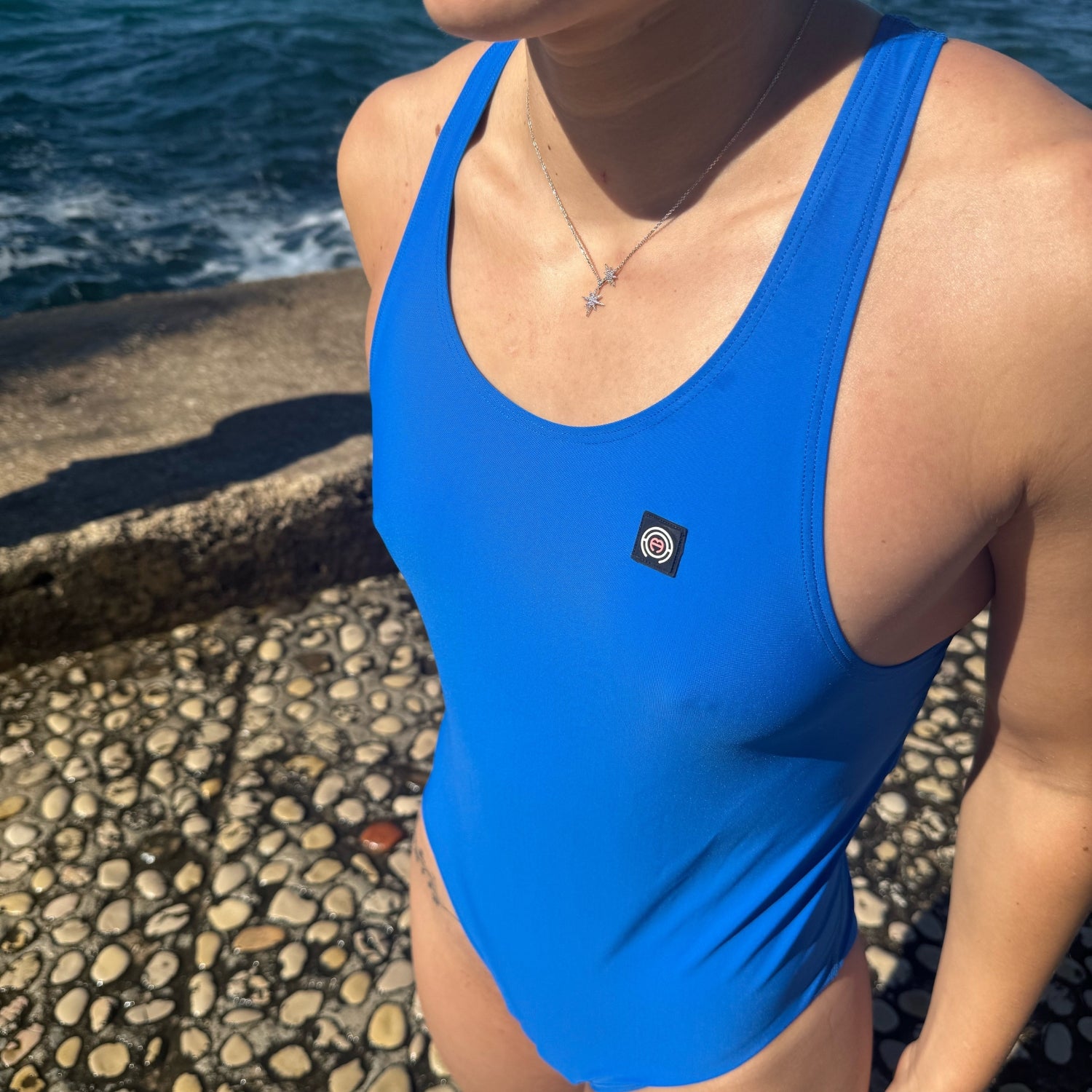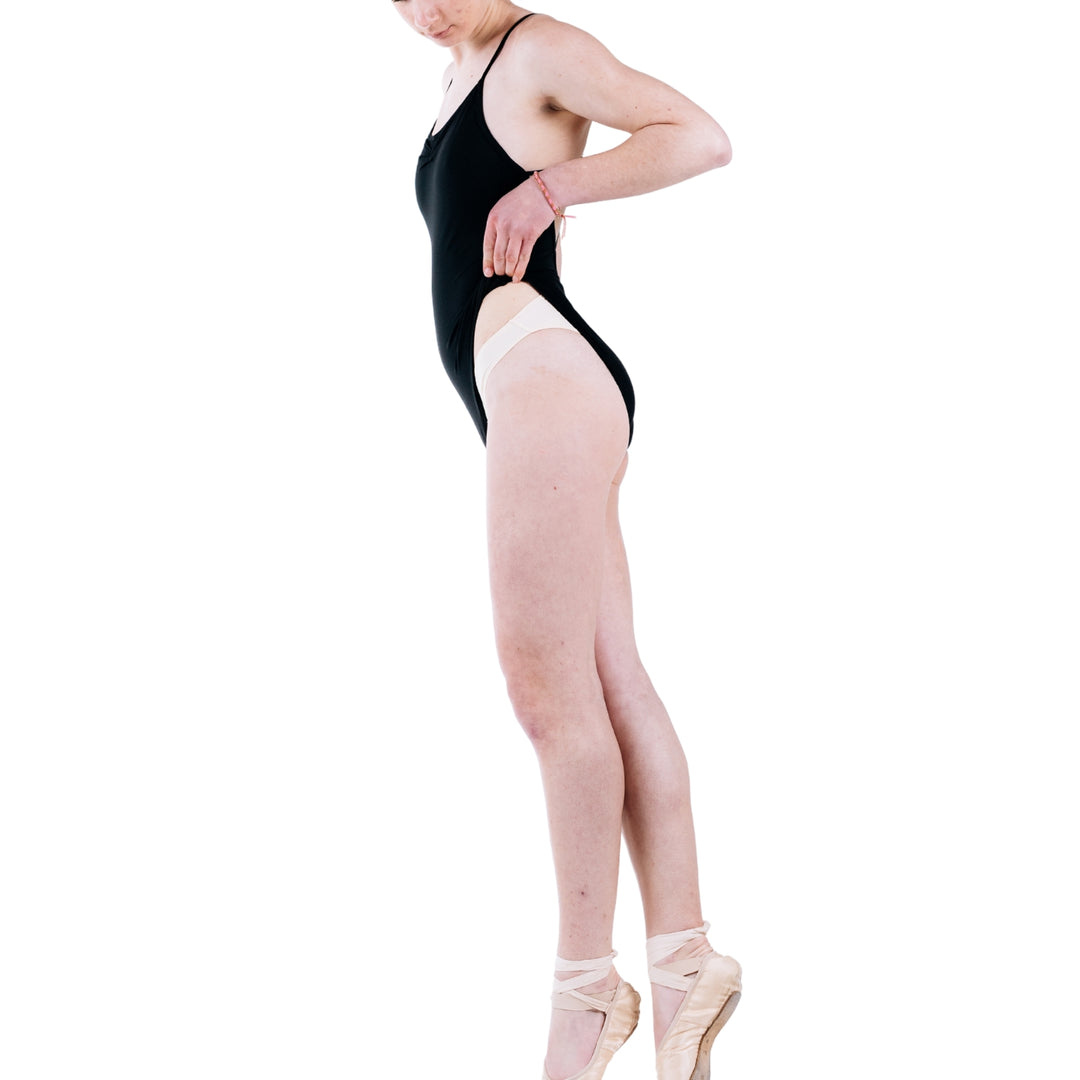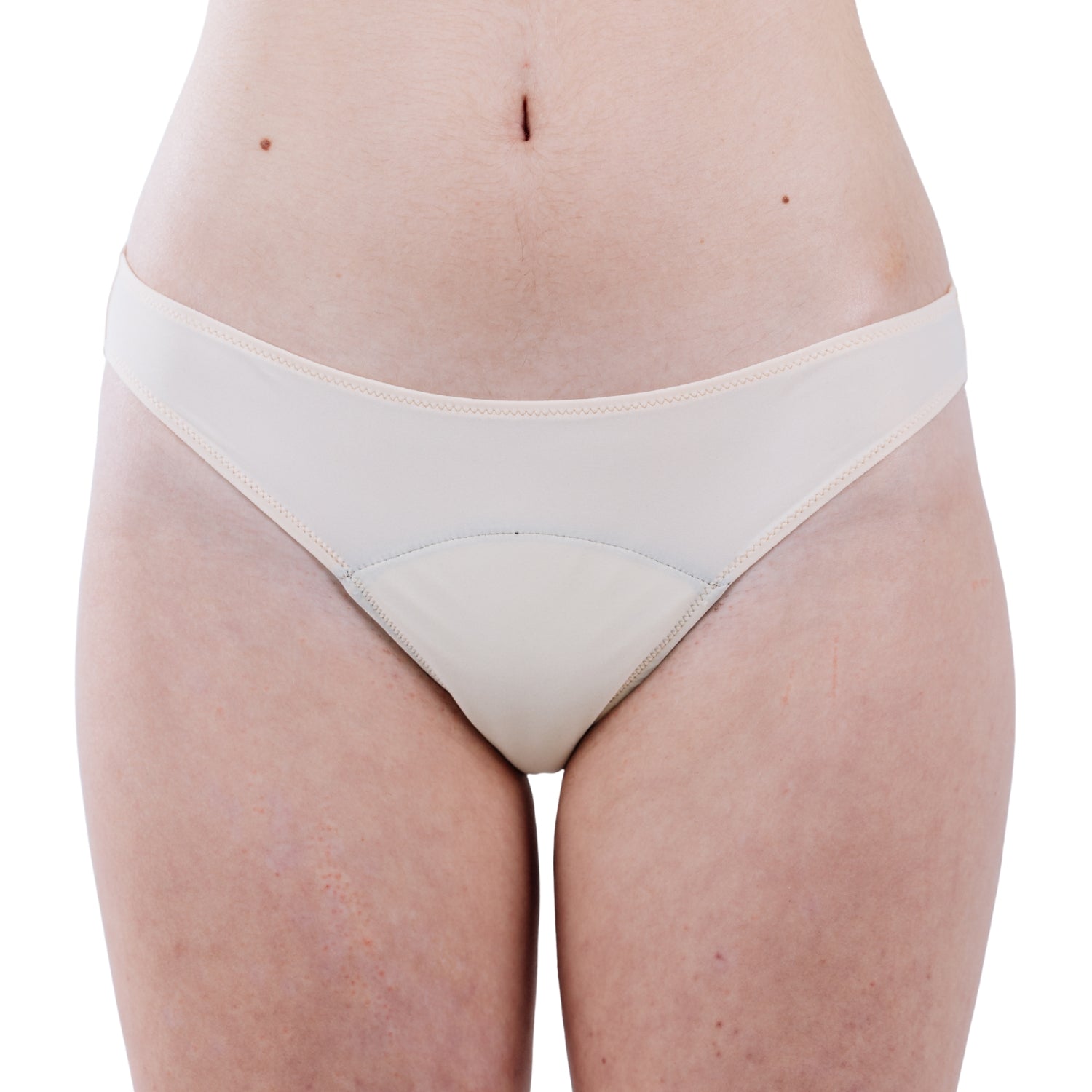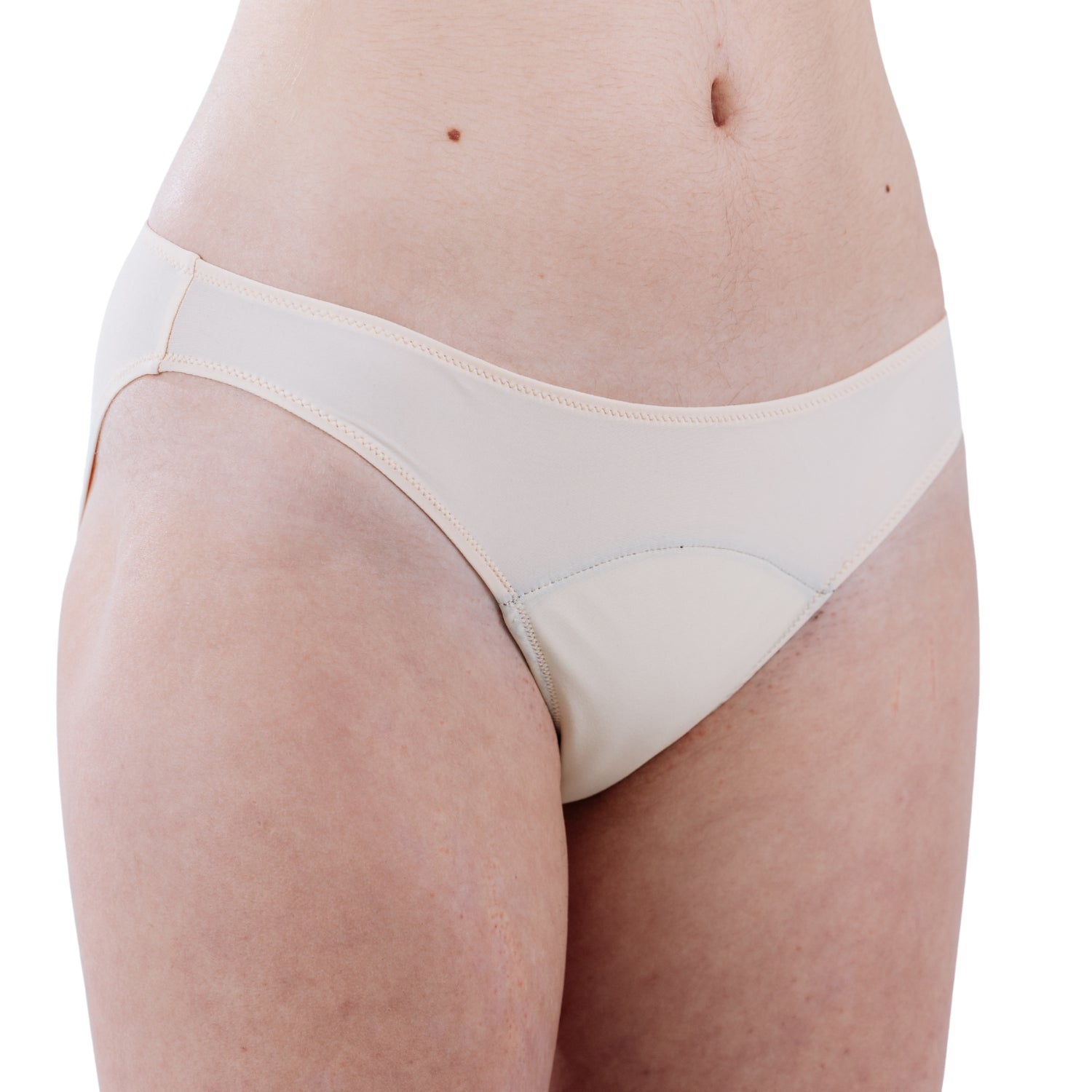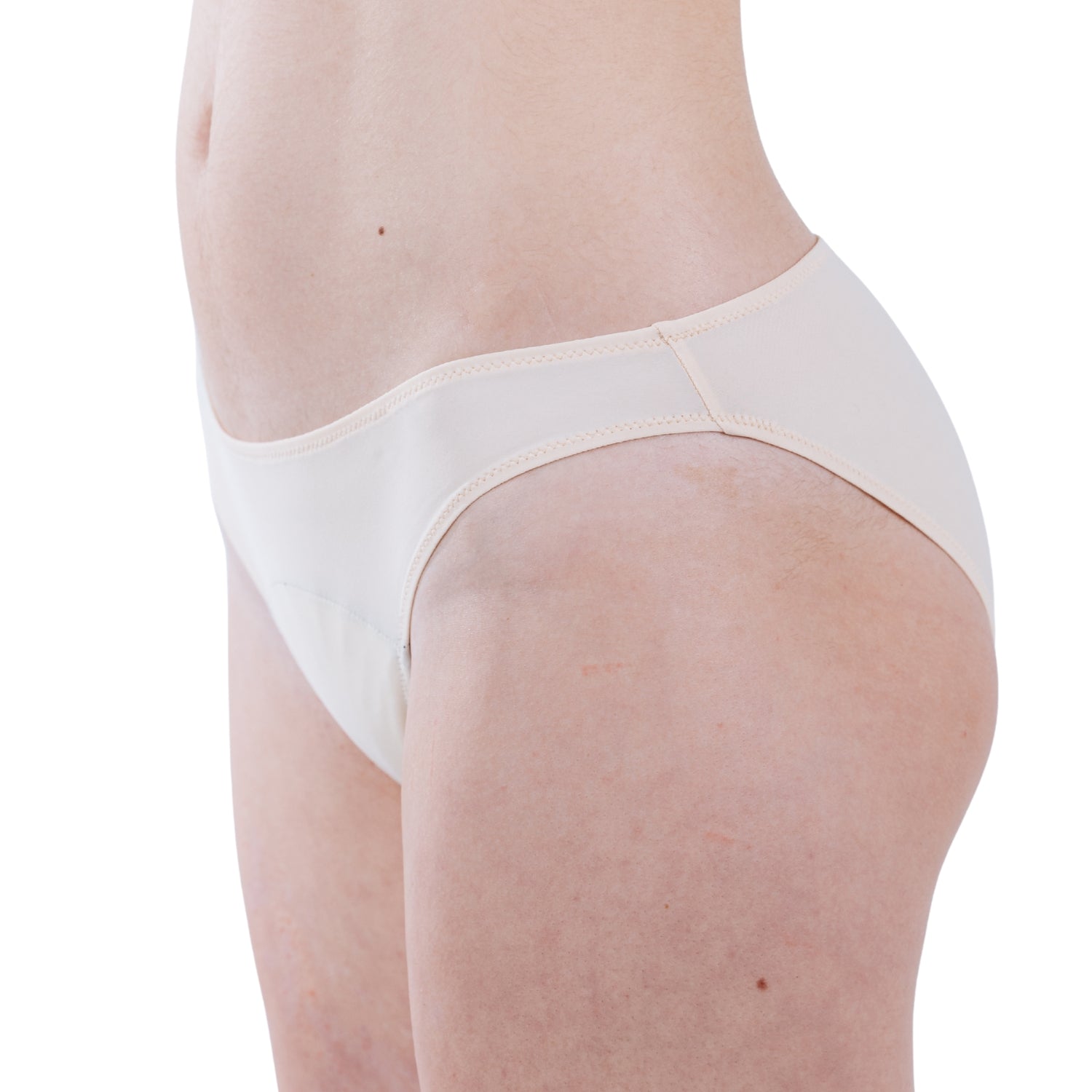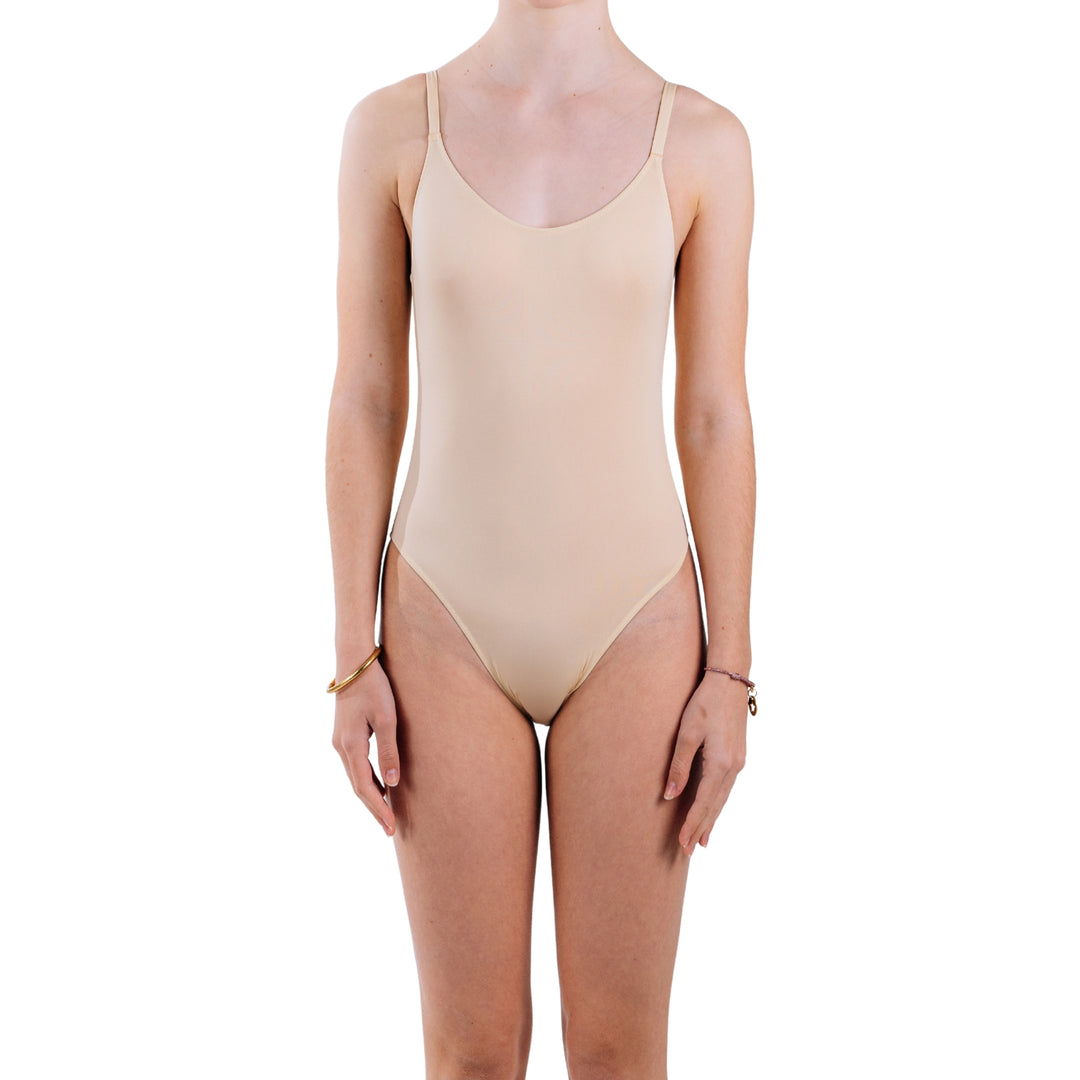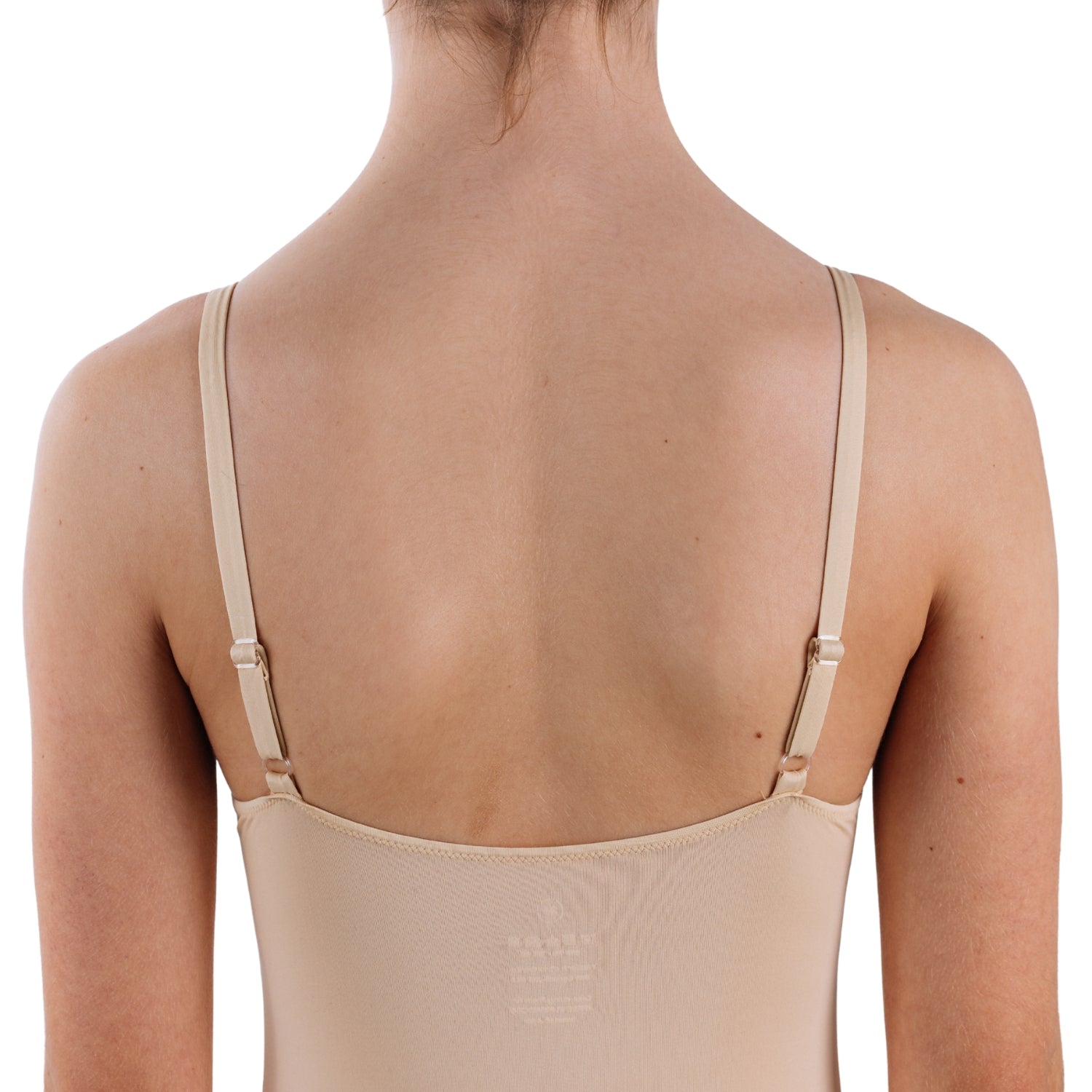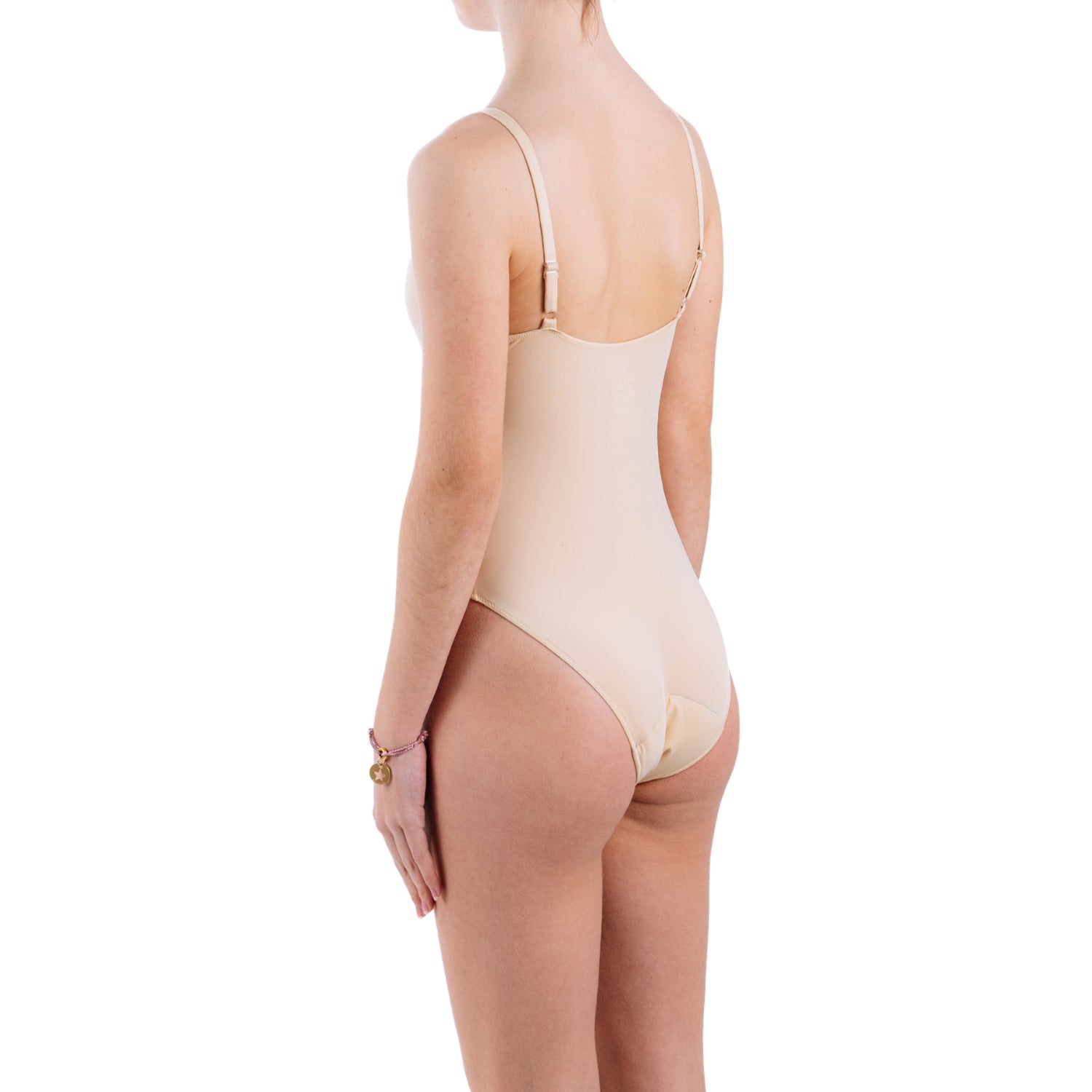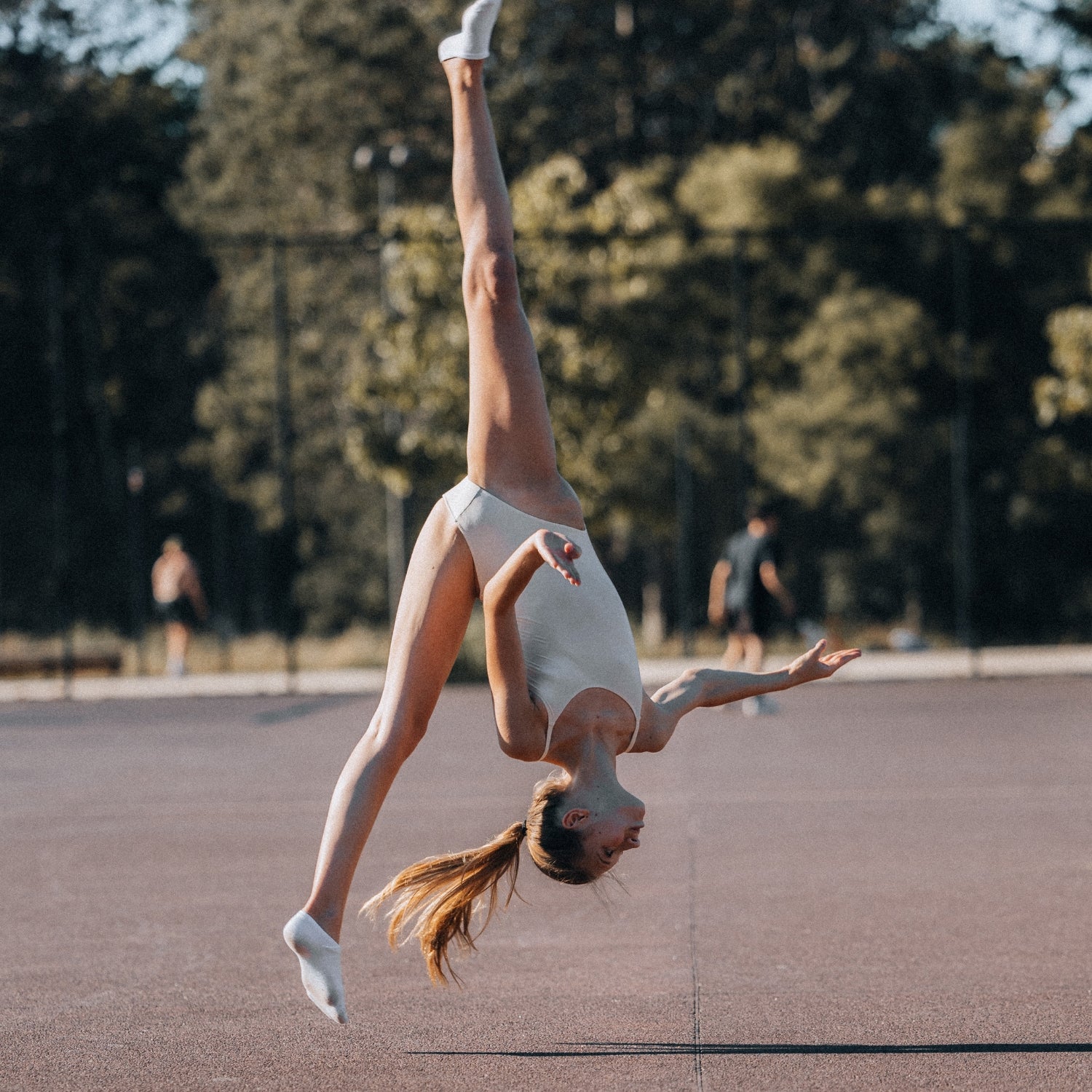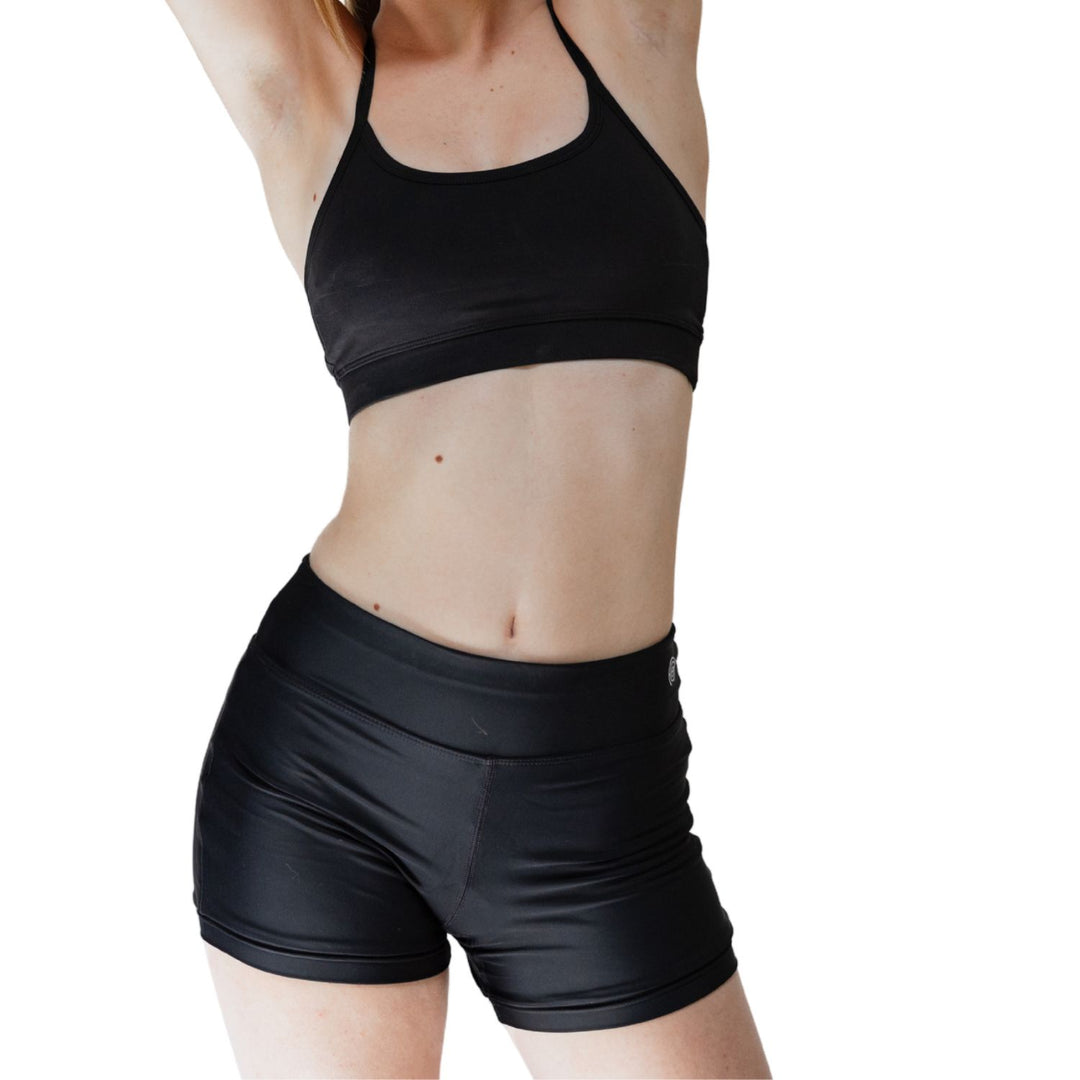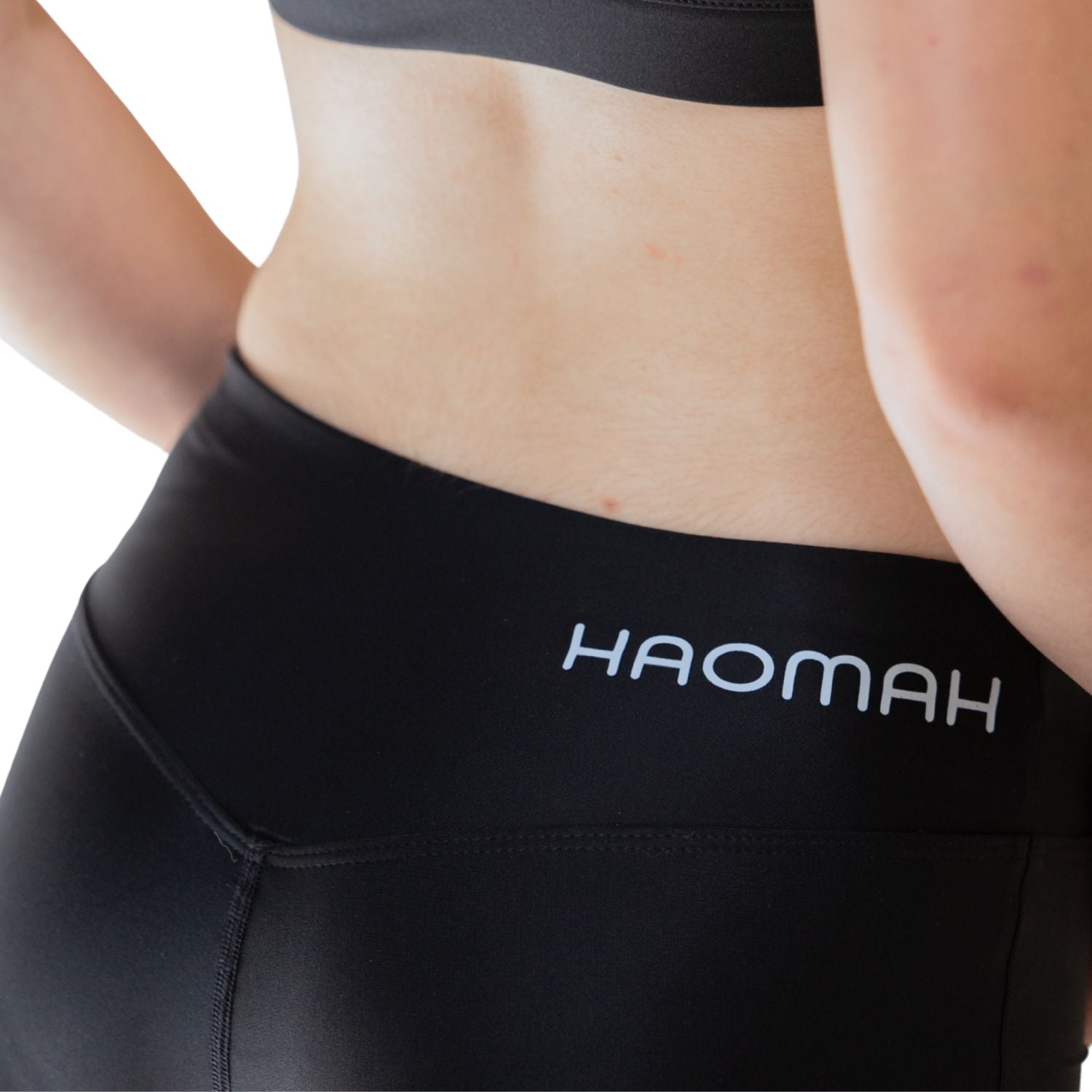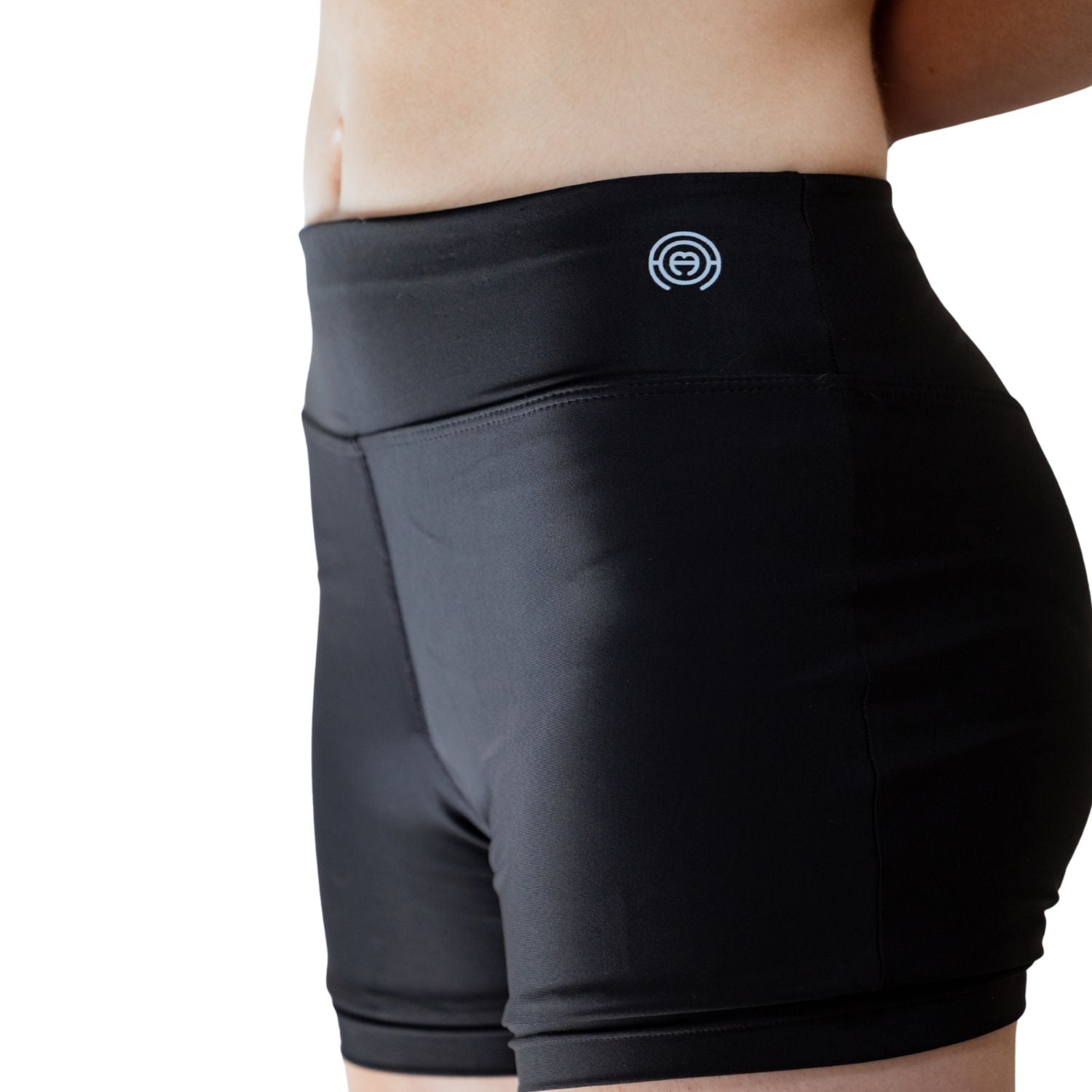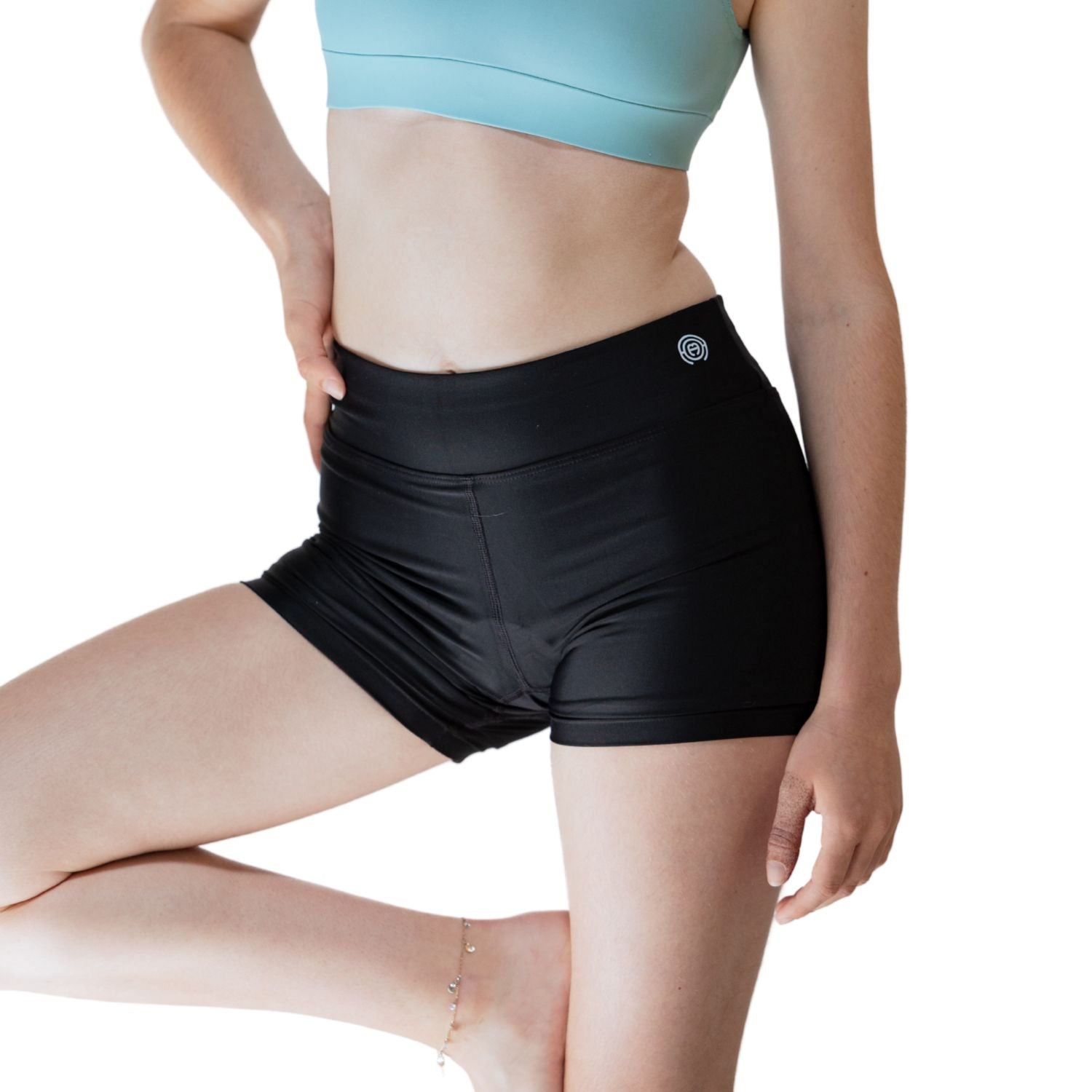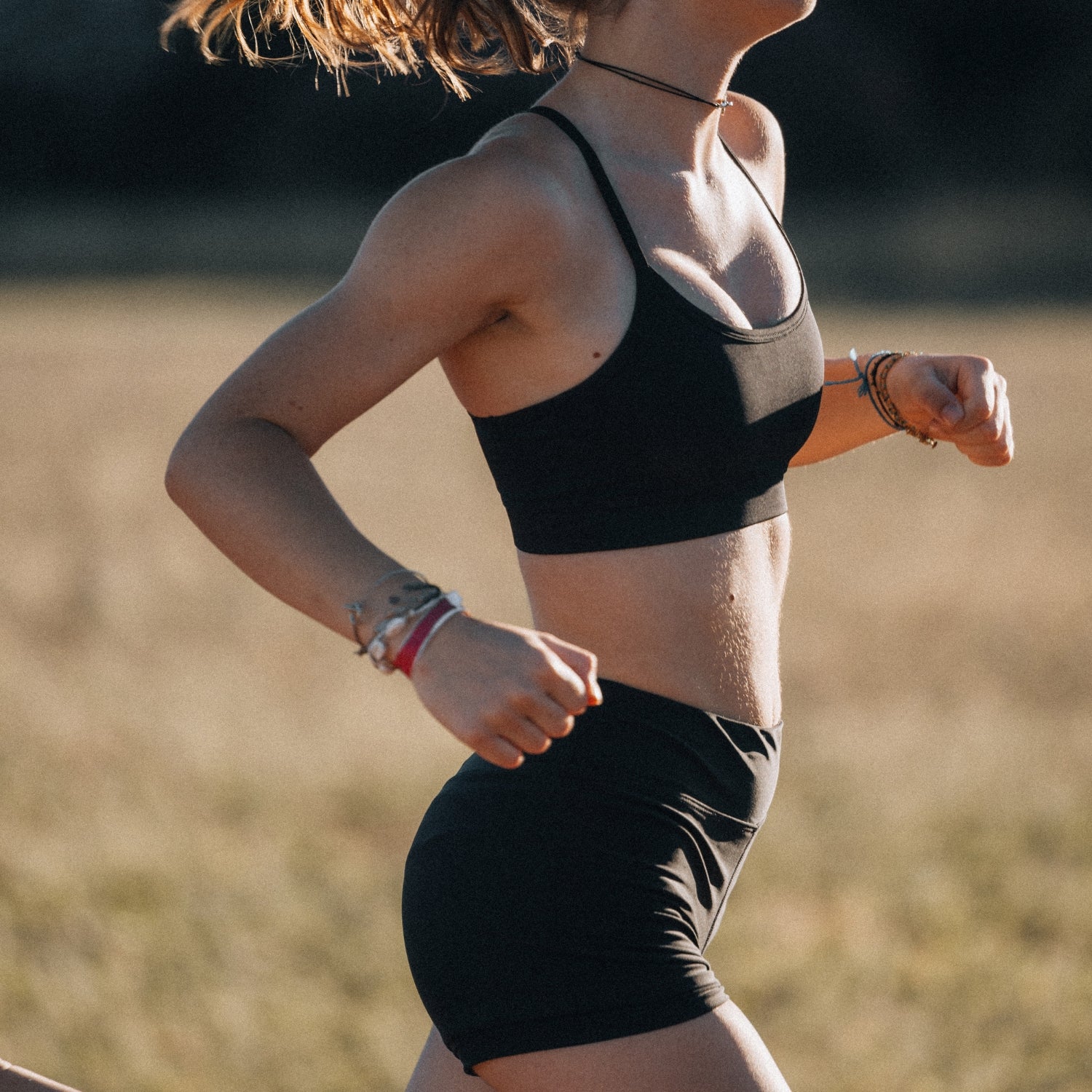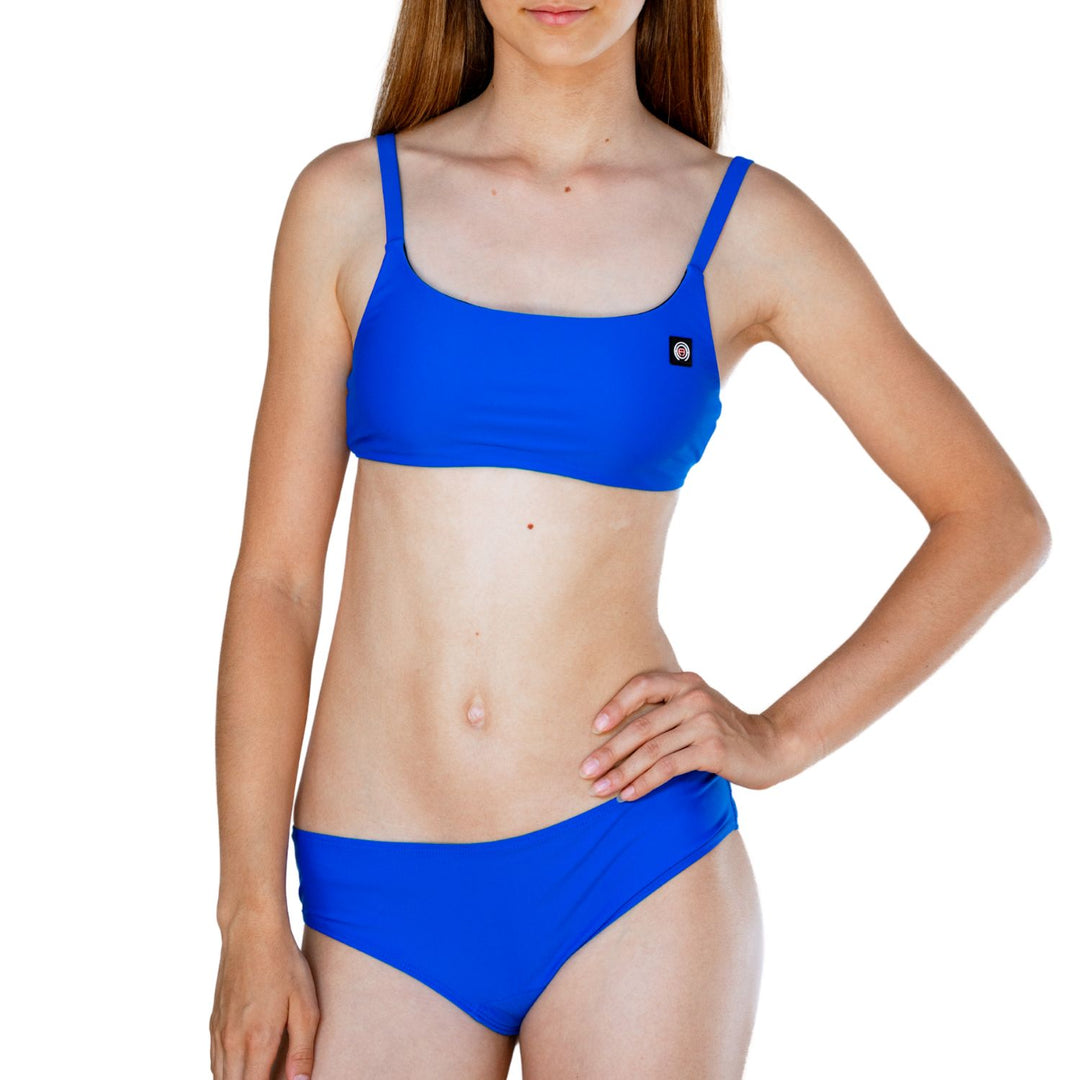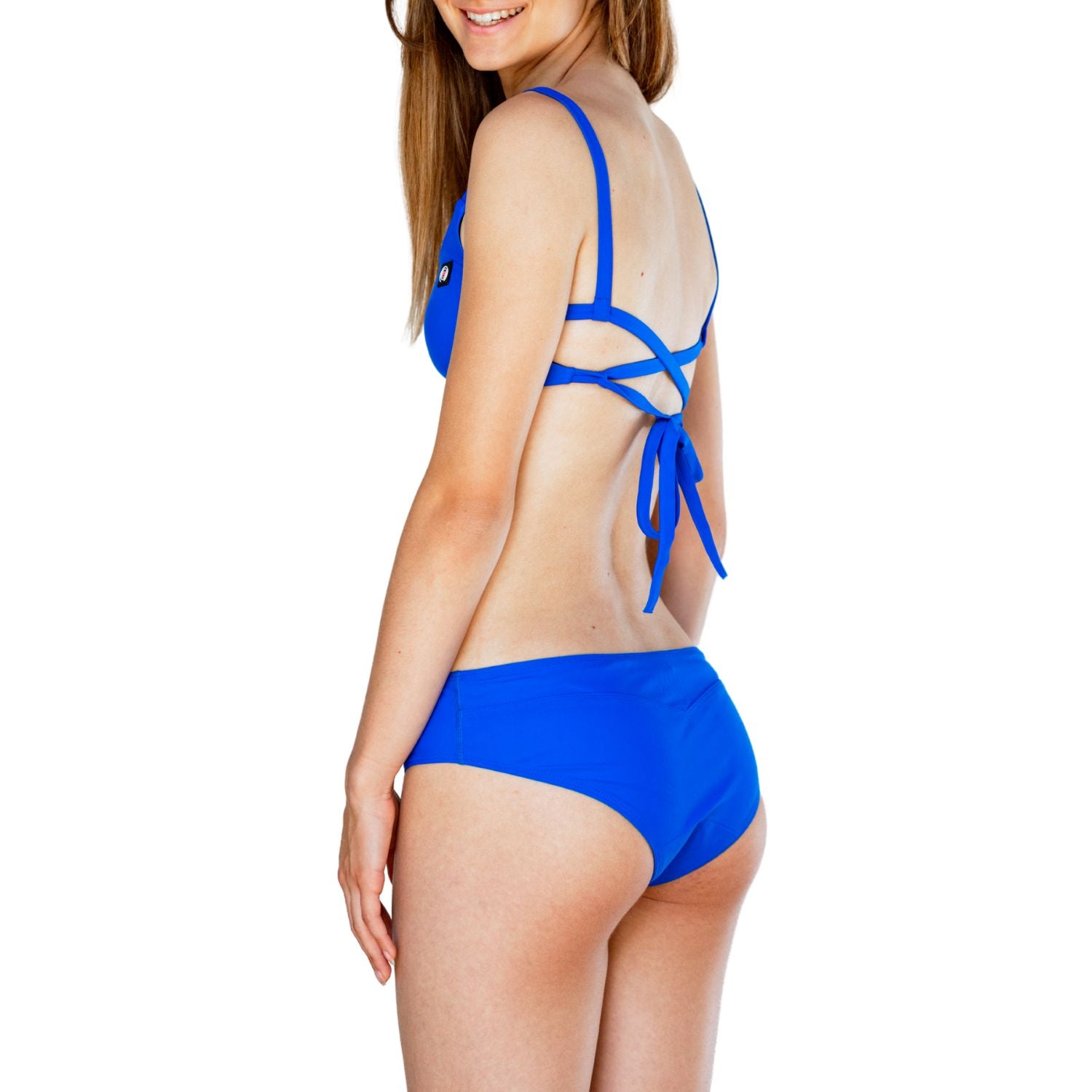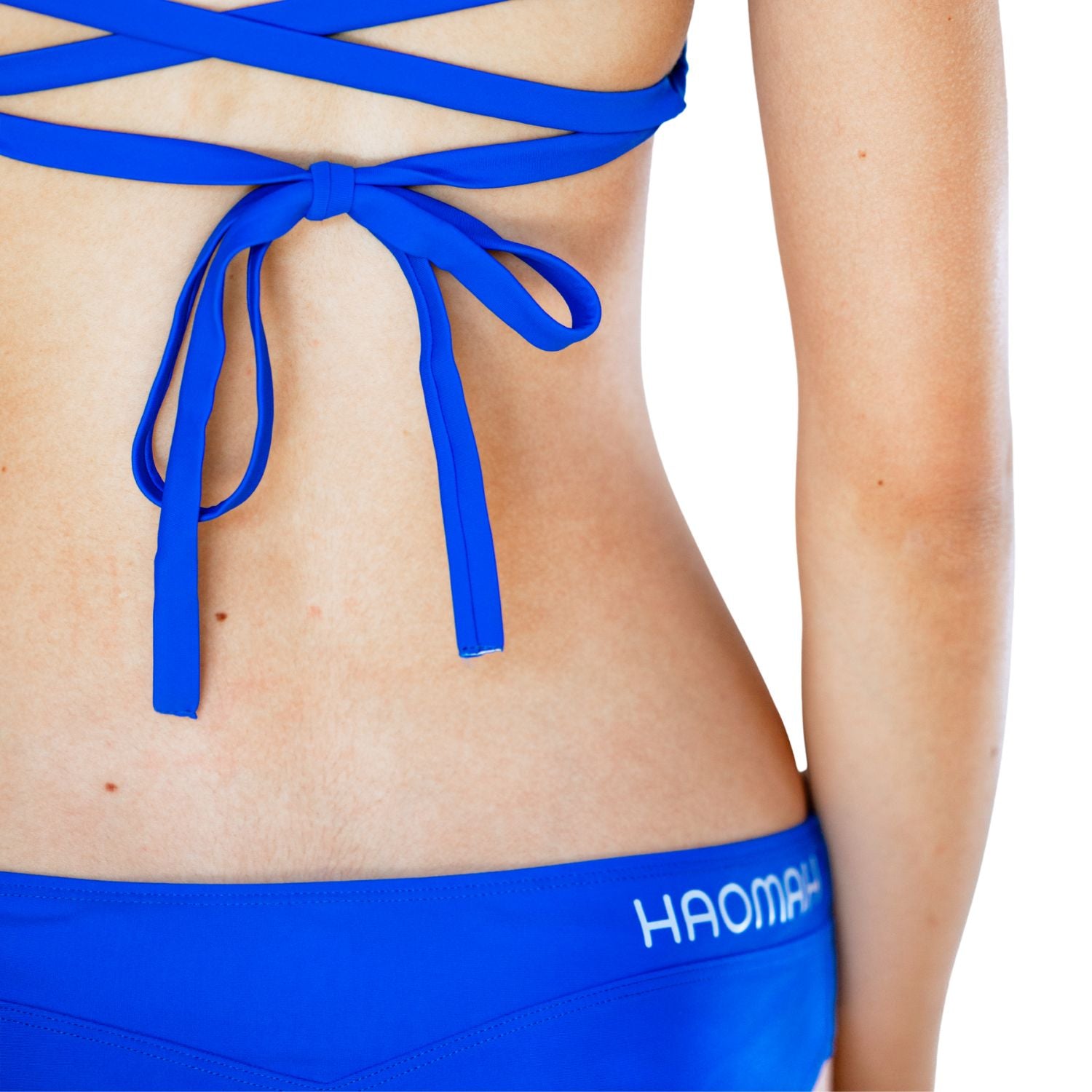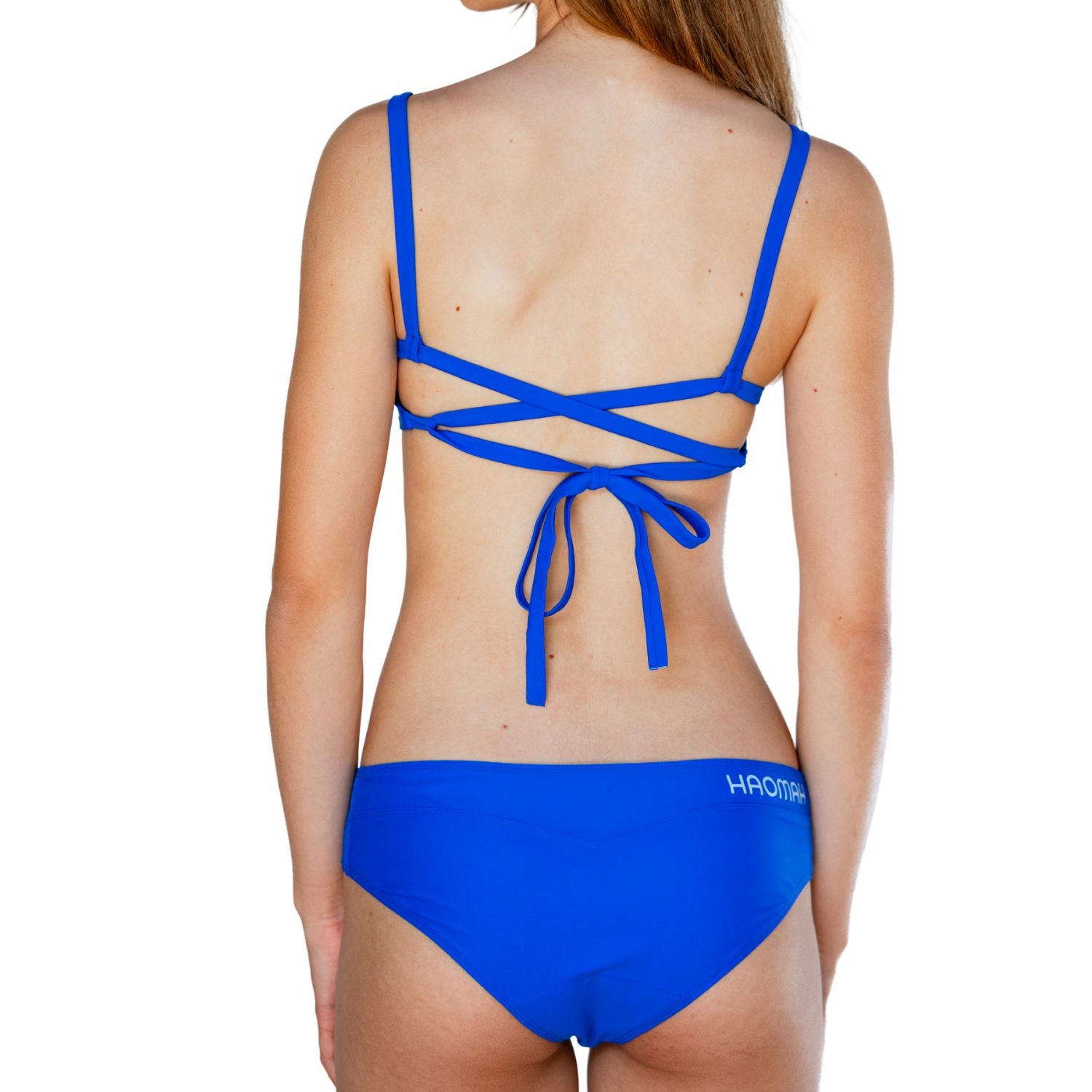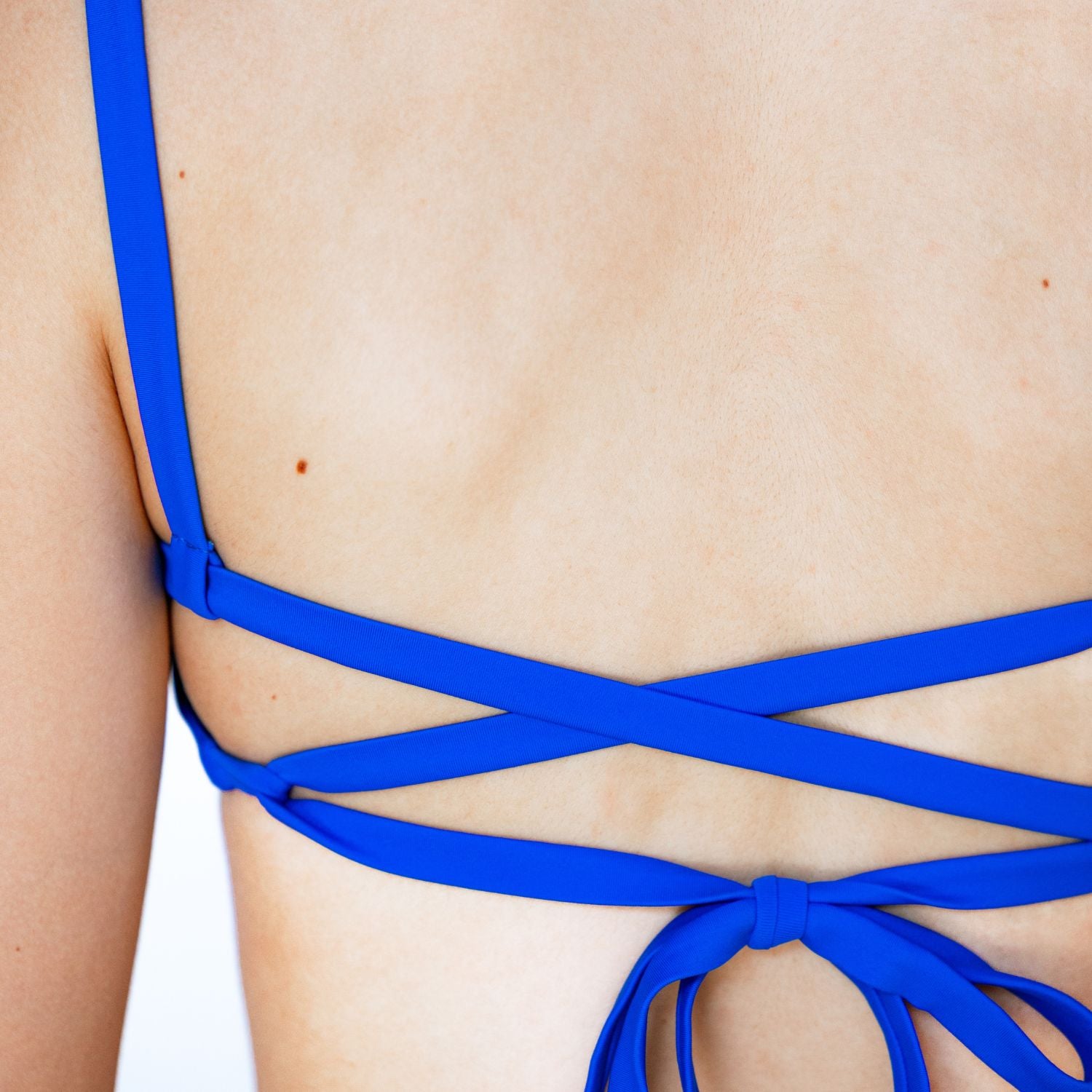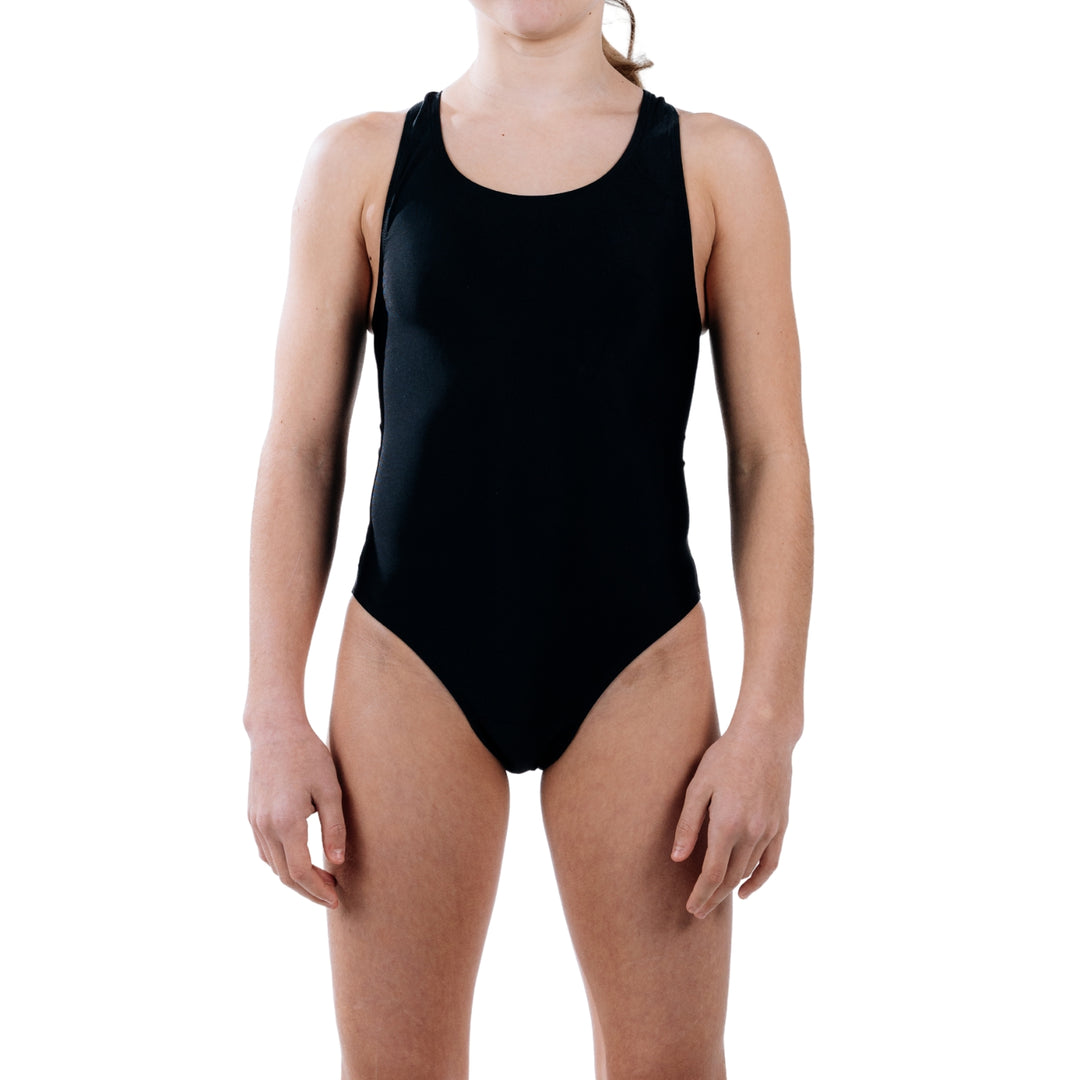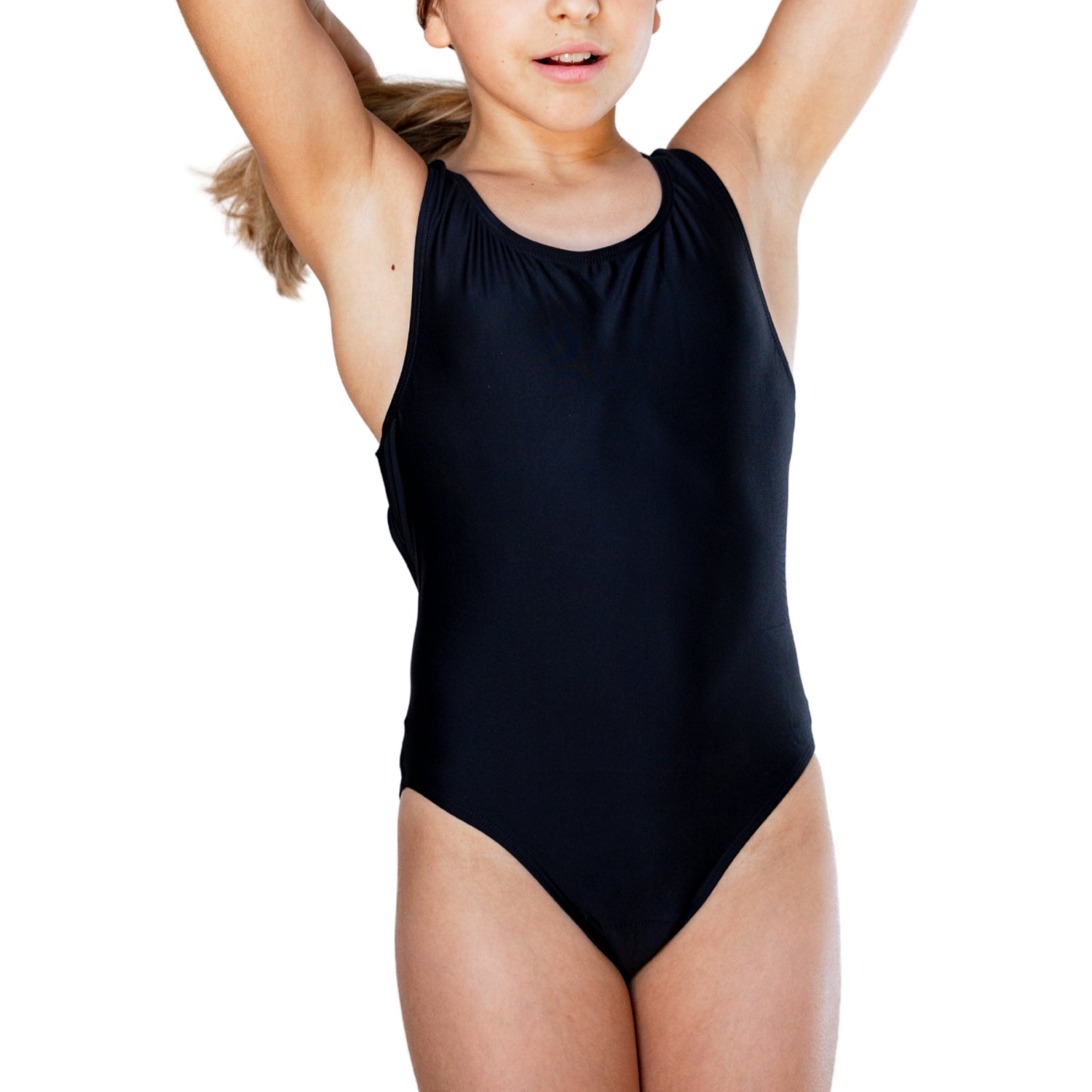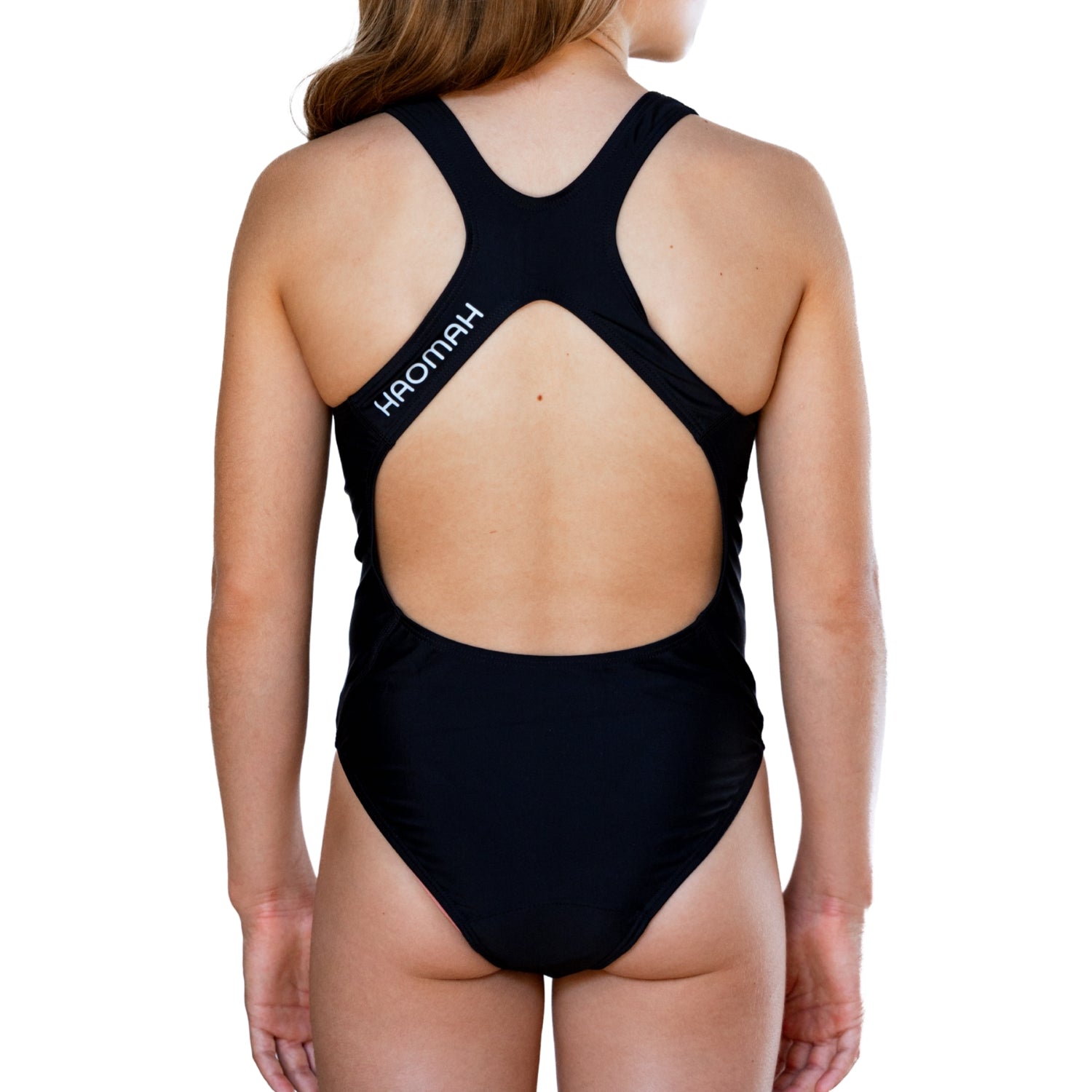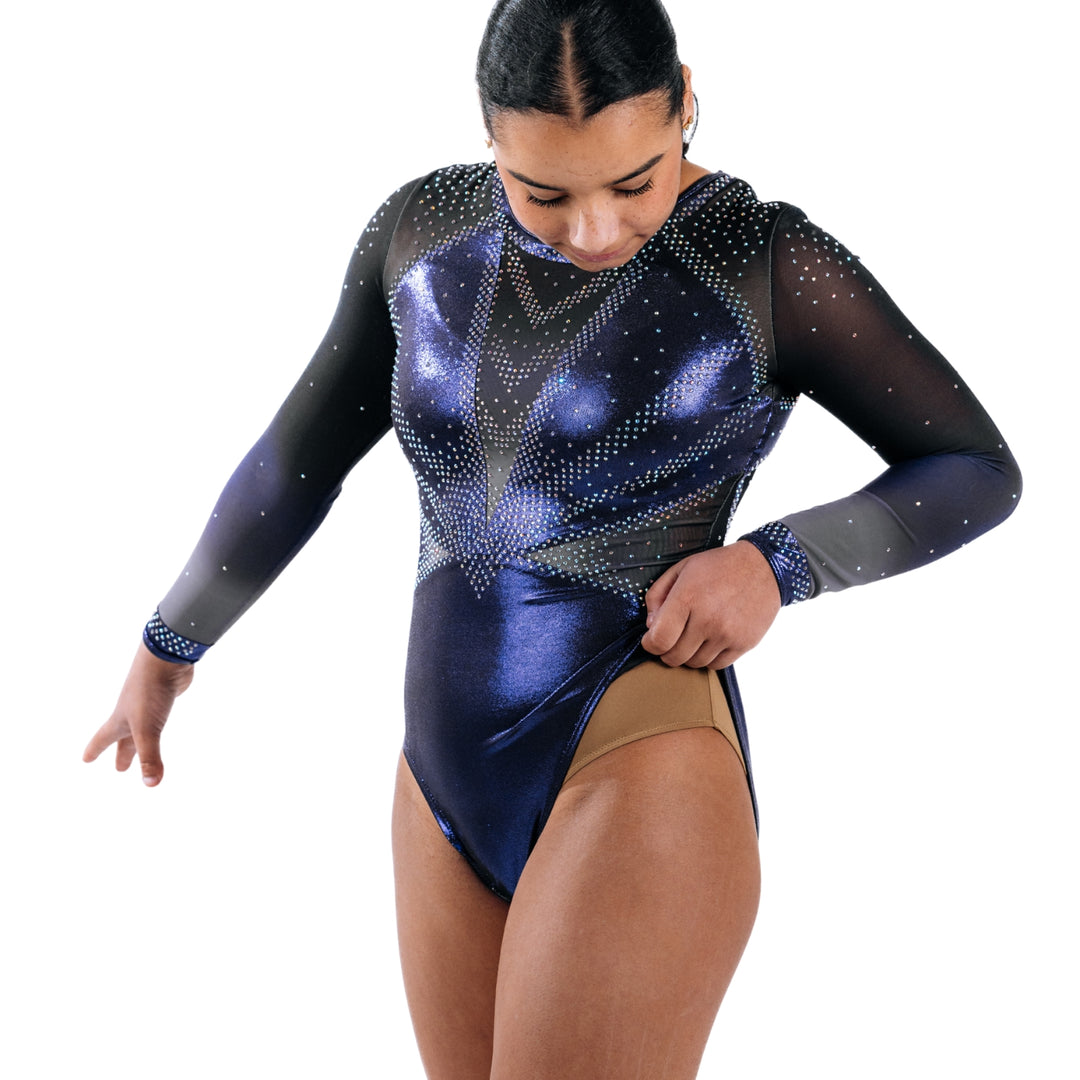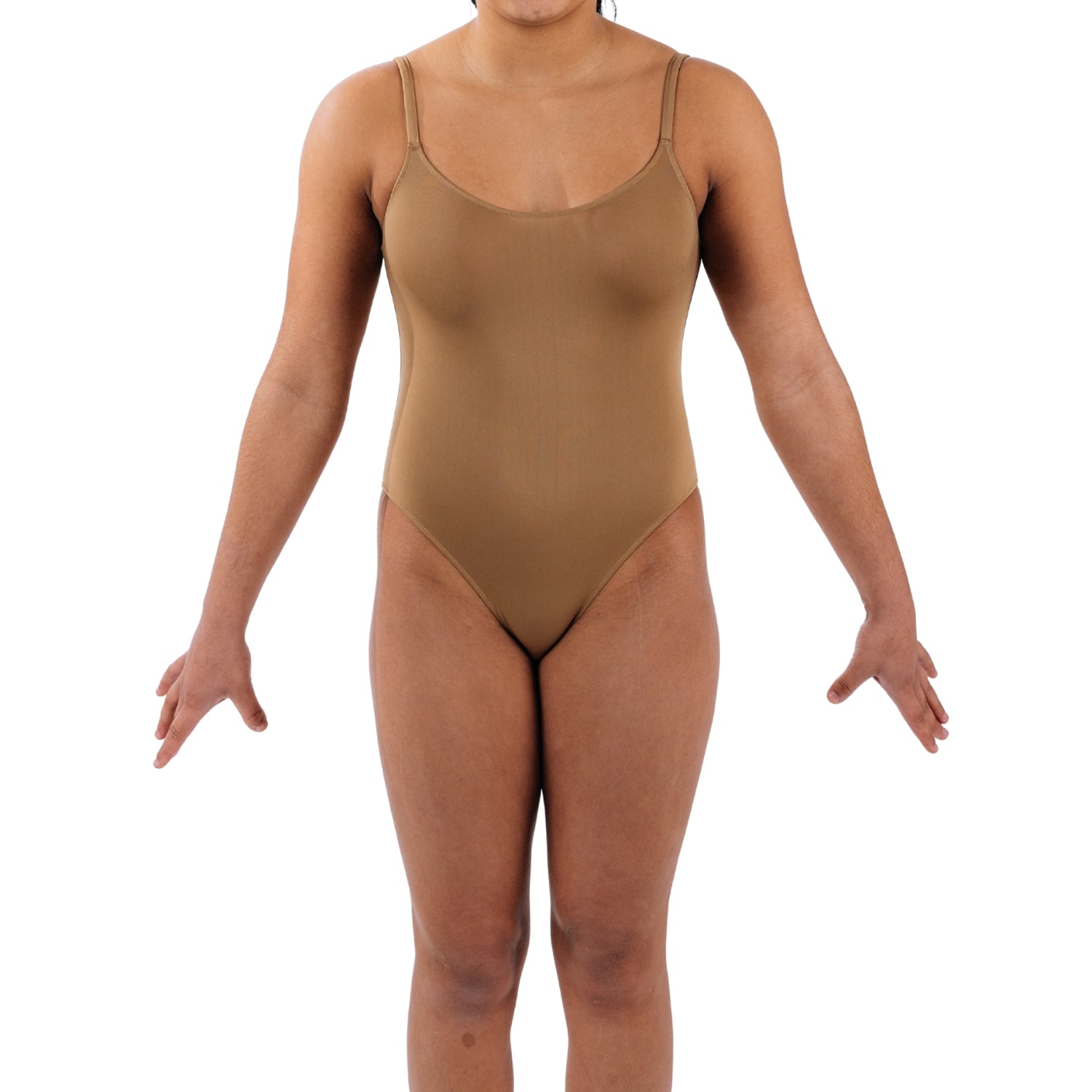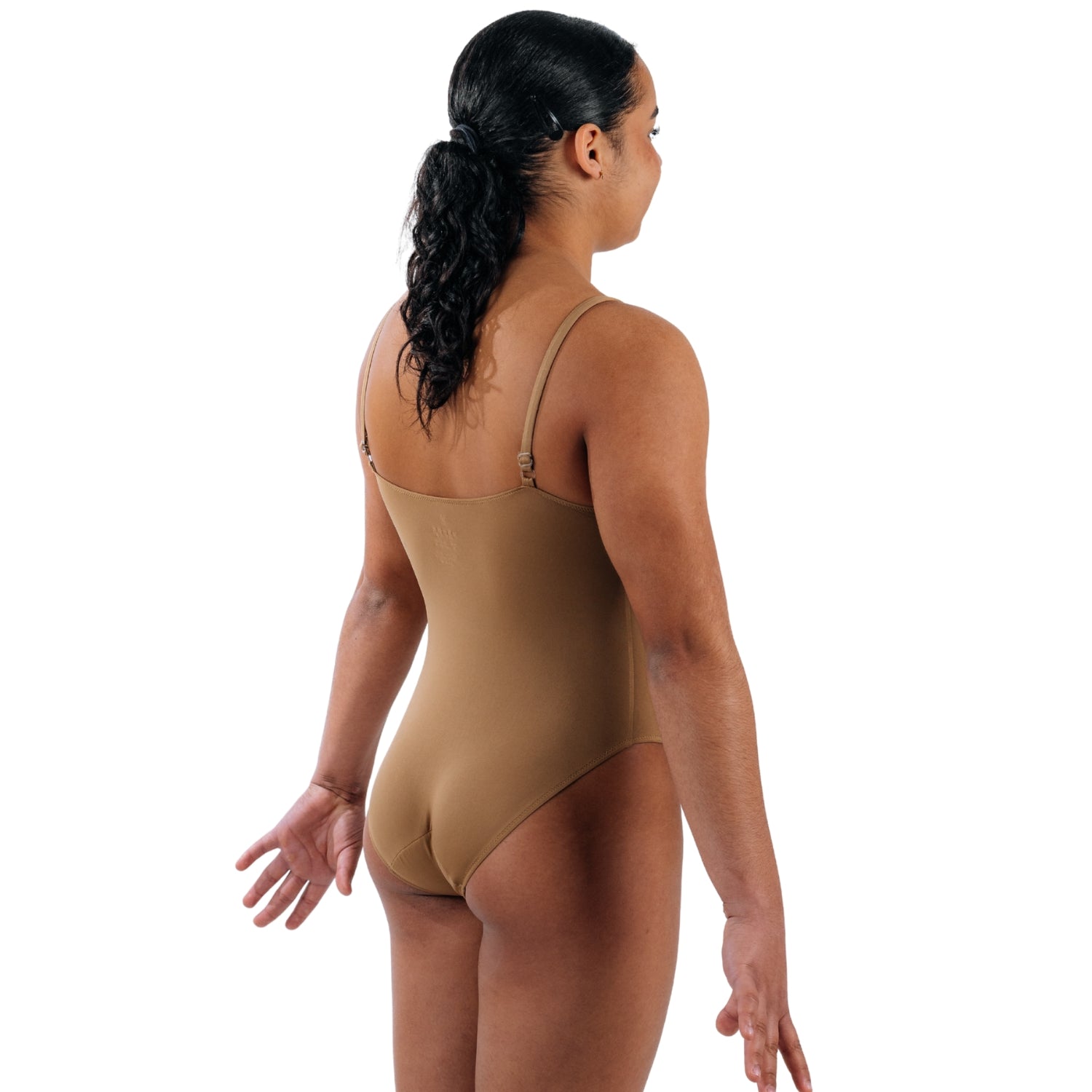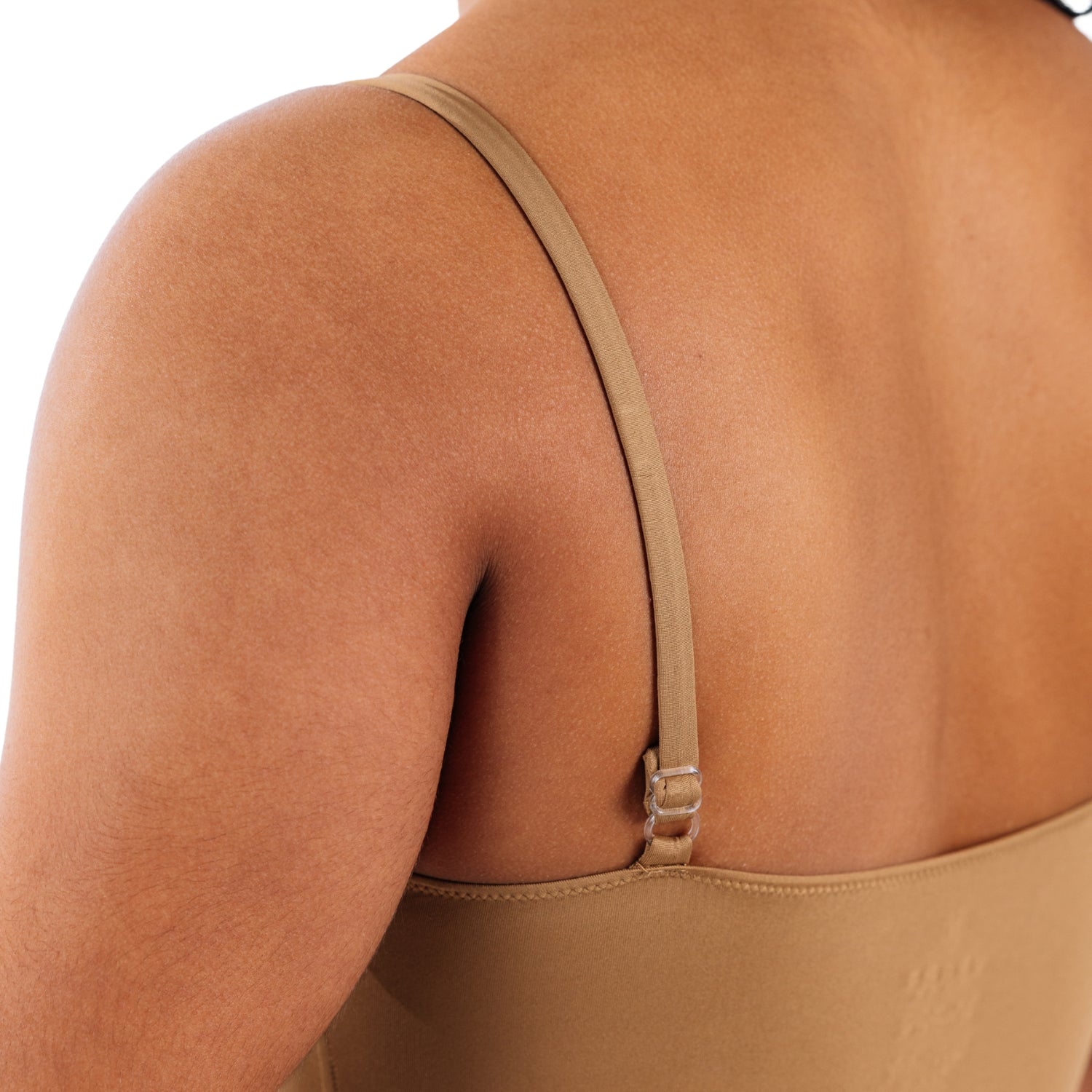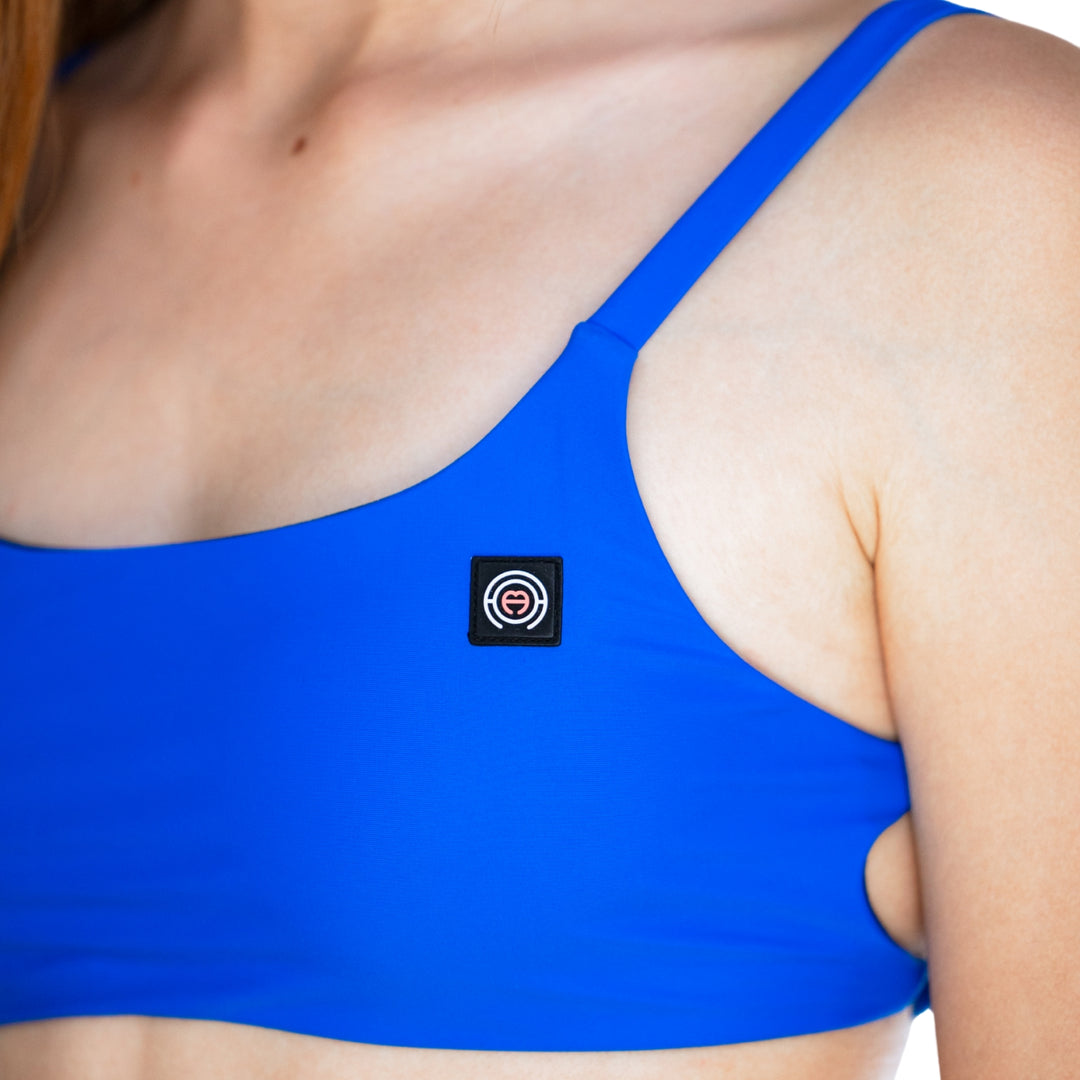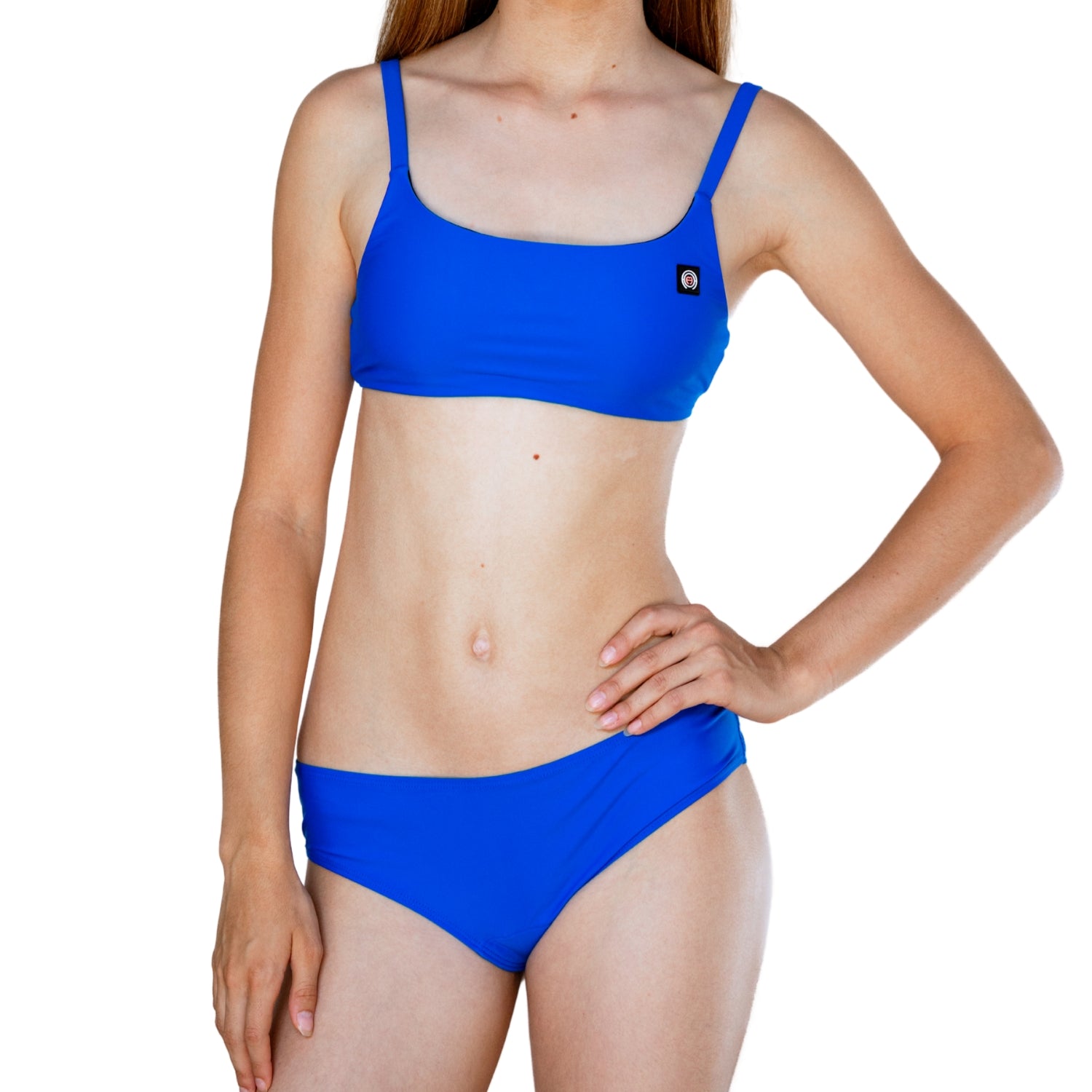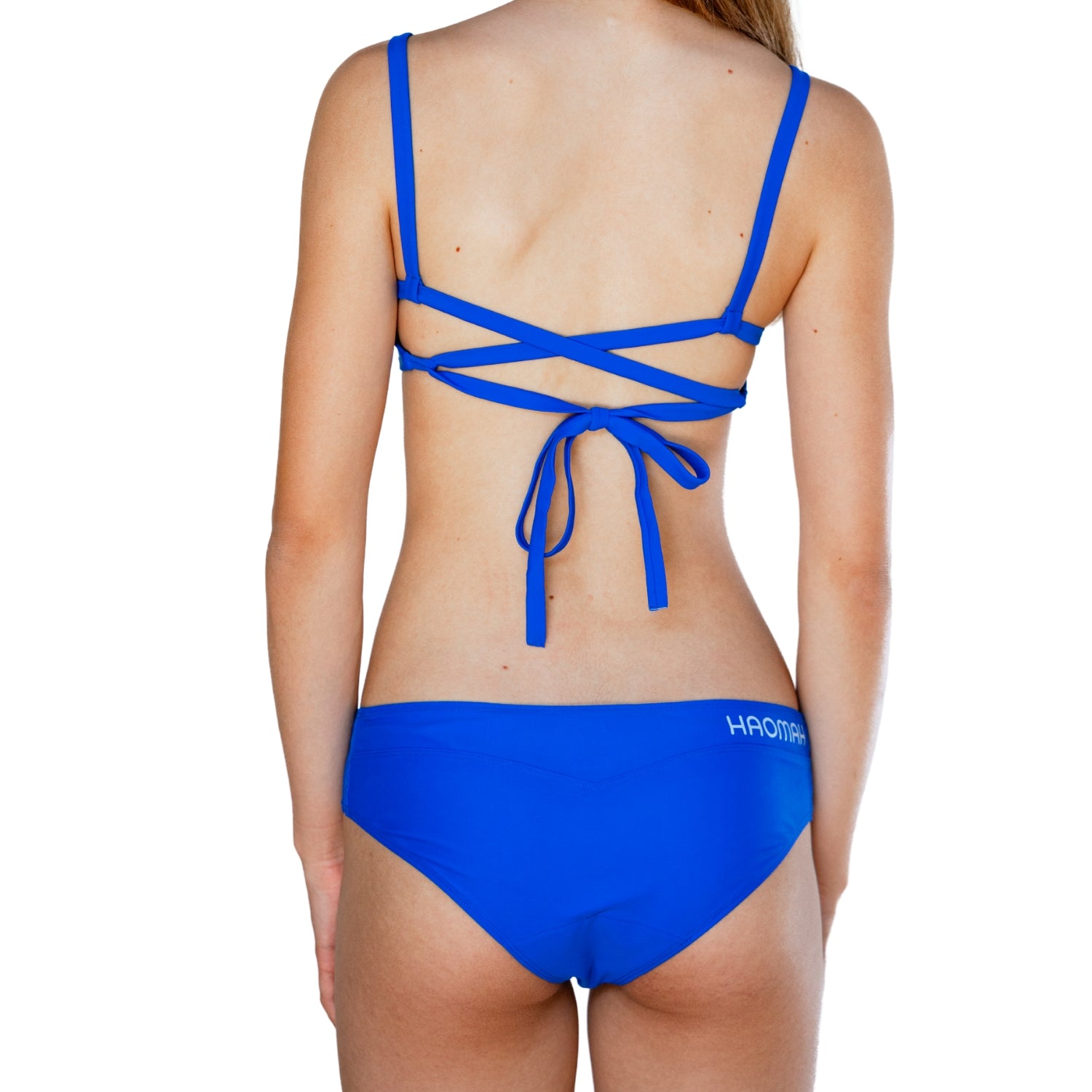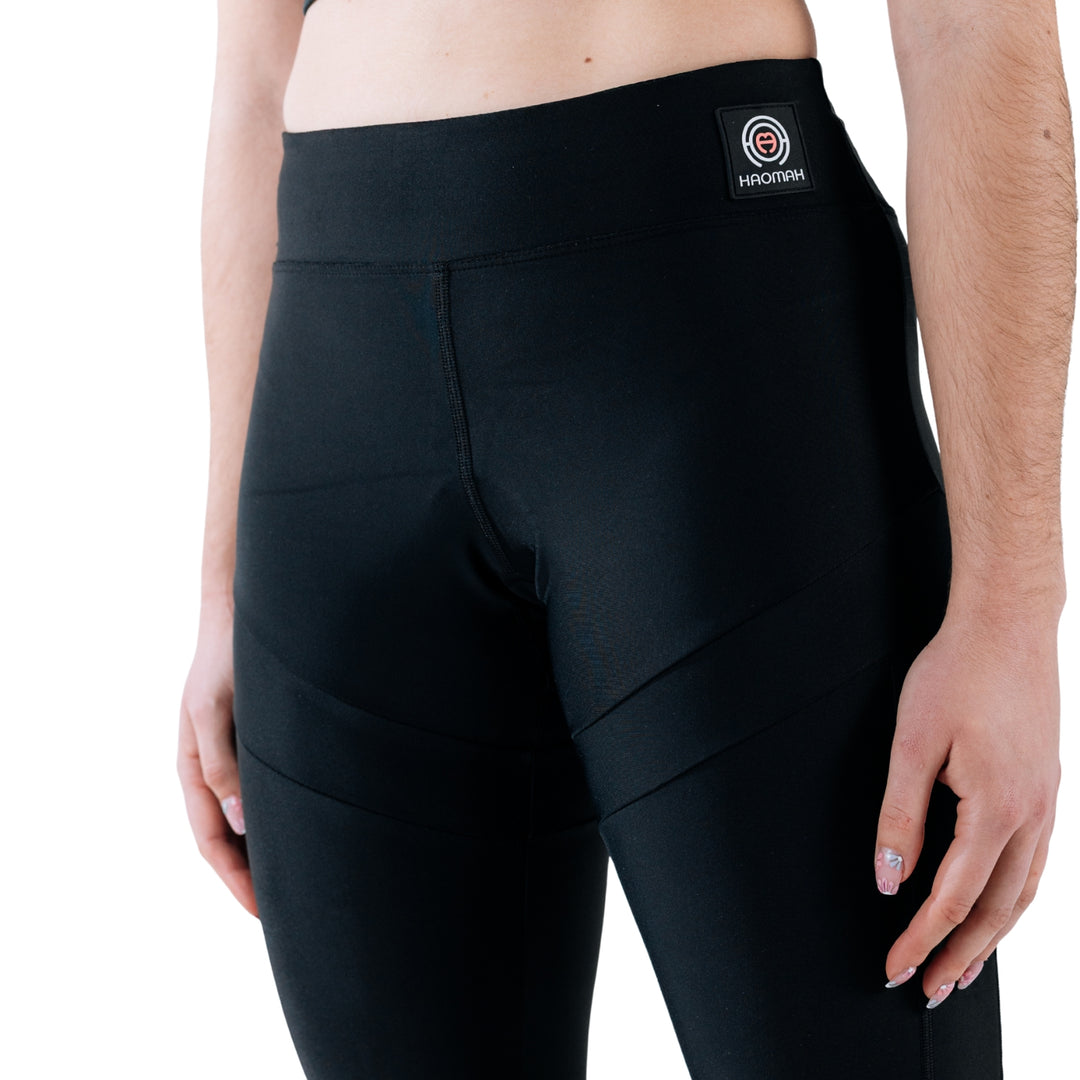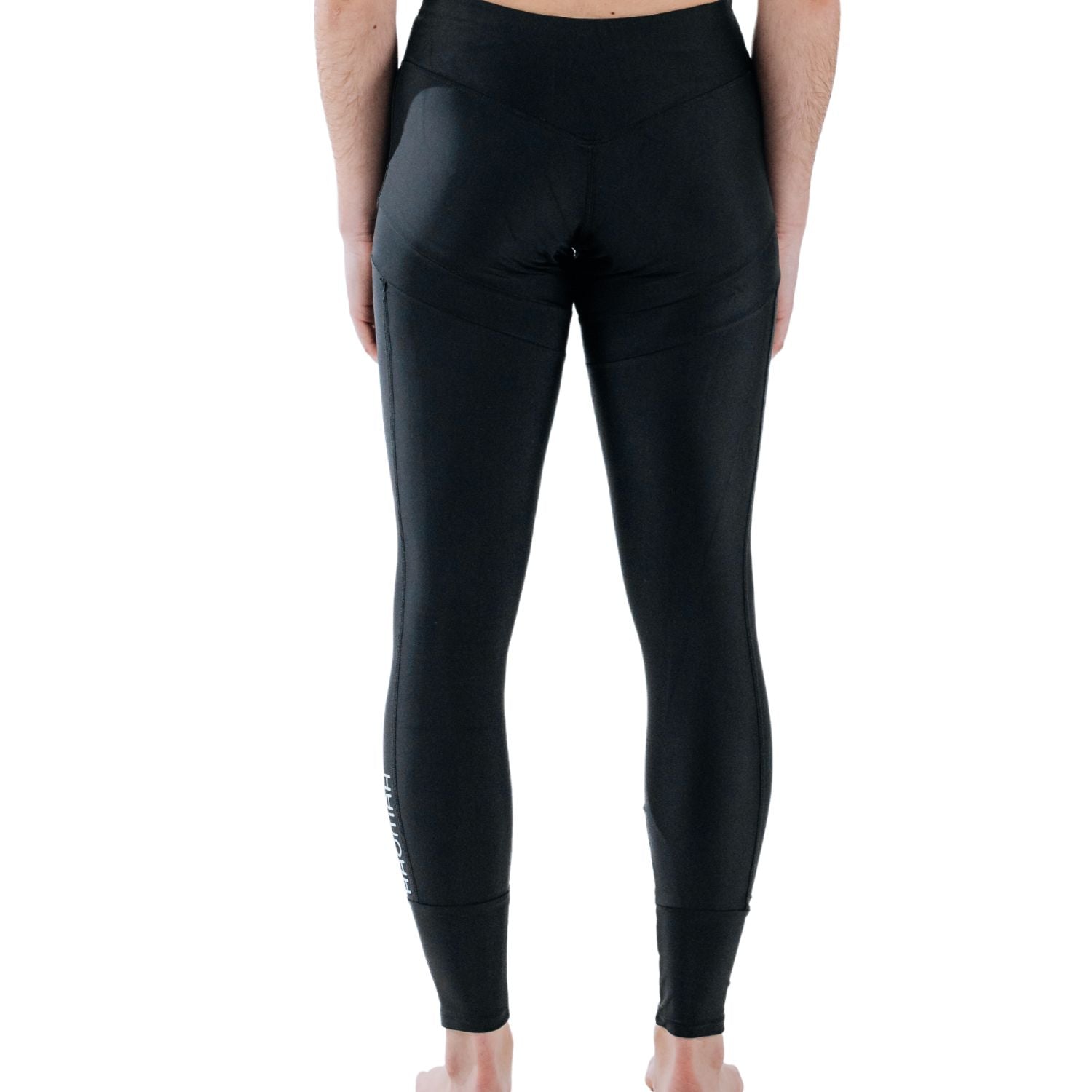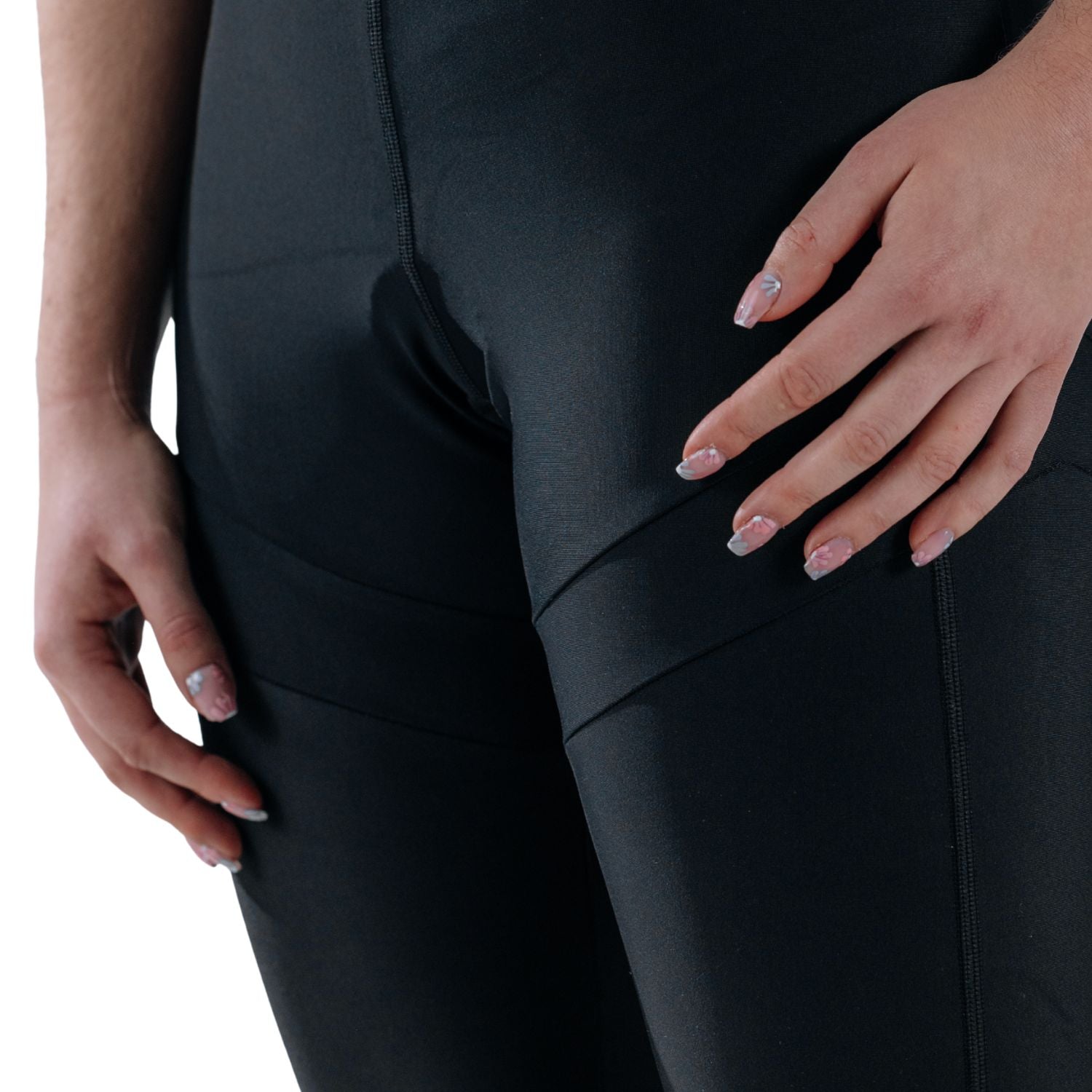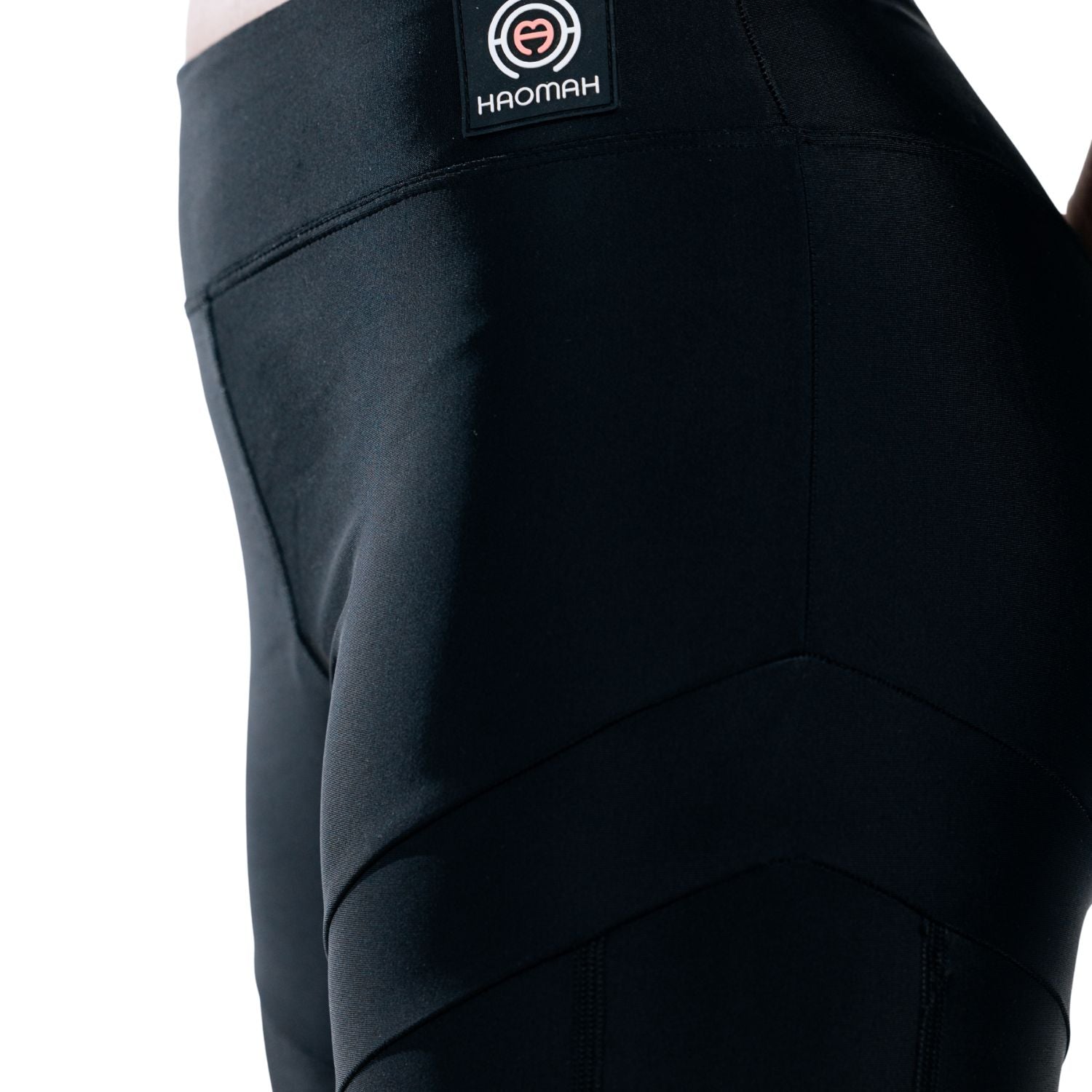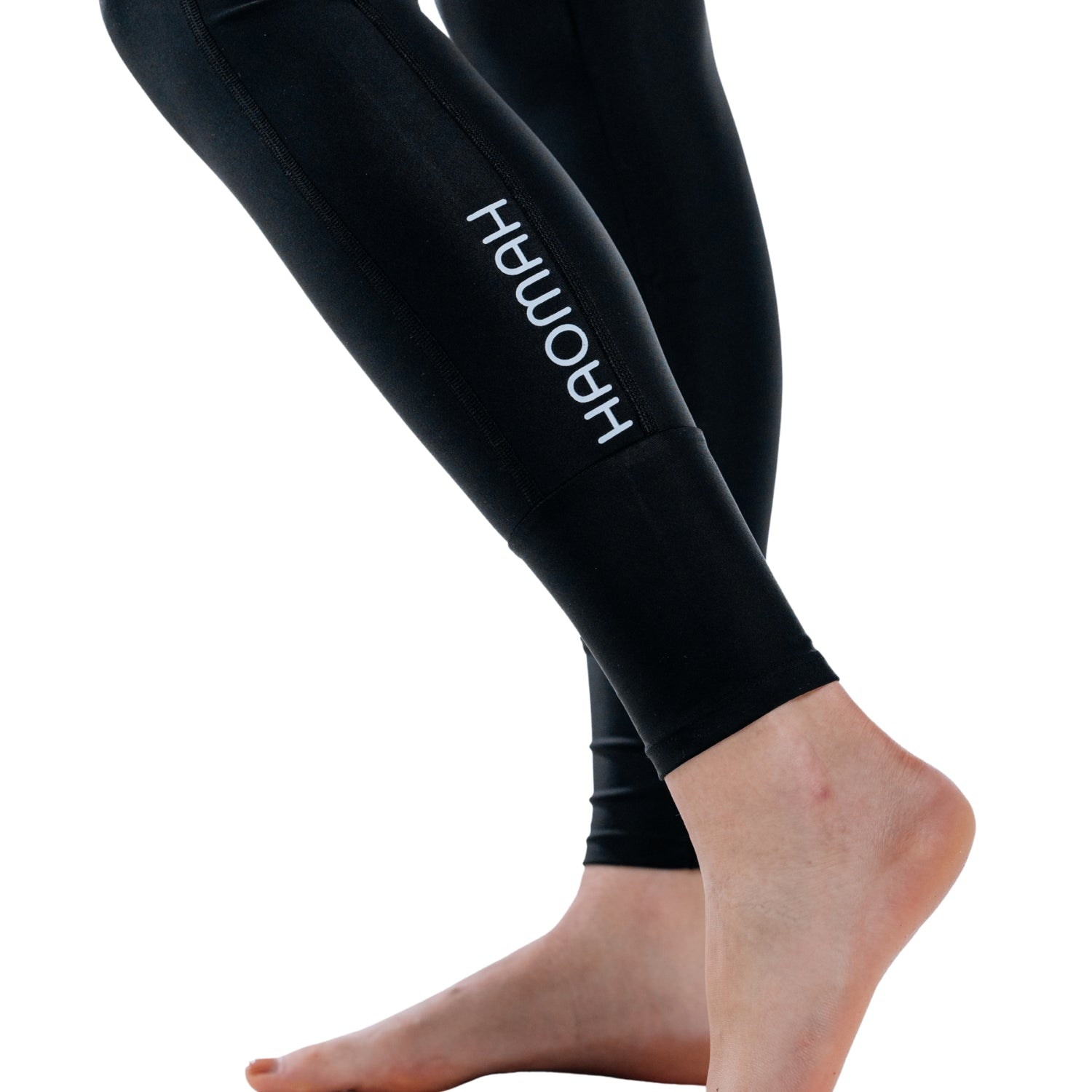Heavy periods and clots: how to continue exercising with peace of mind?
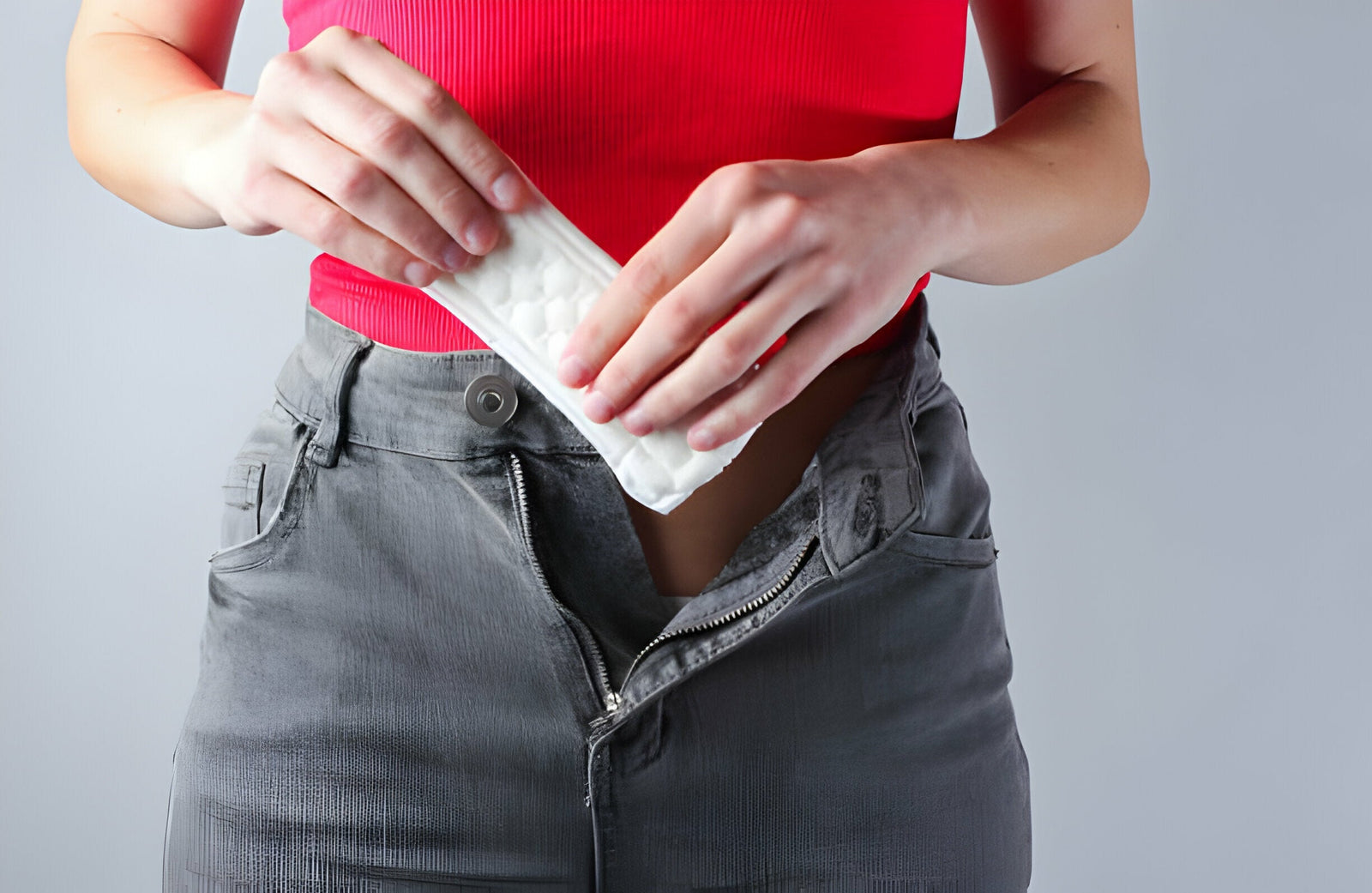
Having your period when you're an athlete is never easy. And when it's particularly heavy or accompanied by clots, the discomfort can quickly become a barrier to exercise. Fear of leaks, a feeling of heaviness, fatigue: some avoid training, others grit their teeth... sometimes to the detriment of their well-being.
But should these symptoms really stop you from moving? How can you adapt your activity without putting yourself in difficulty? And above all, how can you better understand what your body is going through?
When periods become more than just a nuisance
A heavy flow is when you have to change your protection very often (every two hours or less), you feel real discomfort in your movements, or clots appear regularly. This is not uncommon, especially in teenagers or after certain phases of the cycle.
The presence of clots is usually linked to a flow that is too fast for the body to prevent the blood from clotting. This doesn't mean there's a medical problem, but it is a sign that the uterus is working hard... which can leave you feeling exhausted, both physically and mentally.
Sport and heavy flow: what we too often forget
Contrary to popular belief, exercising during a heavy period isn't necessarily a bad idea. Movement helps release endorphins (feel-good hormones) and improves blood circulation, which can ease pain. But it requires listening to yourself, adapting, and, above all, having the right equipment.
Many athletes choose menstrual sports panties for these more intense days. Absorbent, comfortable, and designed for movement, they allow you to train without fear of leaks even during a dance class, a match or a muscle-building session.
Do you play sports like athletics, basketball, or soccer and are you having trouble with your flow? You can also opt for menstrual leggings , which combine support, comfort, and enhanced protection. For gymnasts, menstrual undershirts are perfect for competitions or training in a tight-fitting leotard, without compromising on safety or fit.
Heavy periods and clots: when should you be alarmed?
It's important to know your body. If your flow suddenly becomes much heavier, you need to change your protection every hour, the clots are large or frequent, or you experience dizziness, unusual fatigue, or disabling pain, it's best to seek medical help.
Some causes may require medical monitoring (fibroids, hormonal imbalances, endometriosis, etc.). But in the majority of cases, these are natural variations in the cycle that you can learn to manage, especially if you are well equipped.
To remember
- Heavy periods and clots are common, especially during certain times of the cycle.
- Moving remains possible, and even beneficial, provided you adapt your effort.
- Technical menstrual clothing such as sports briefs, leggings or undershirts are key allies for continuing to train without fear.
- If symptoms become unusual or too intense, medical advice is recommended.
FAQ
Is it normal to have clots during your period?
Yes, it's common, especially when the flow is heavy. The blood sometimes coagulates before being evacuated, forming clots.
Can I exercise when I have a very heavy flow?
Yes, if you feel up to it. Proper activity can even relieve some pain. But you have to choose your protection wisely.
What clothes should I wear during heavy periods?
Menstrual sports panties or absorbent leggings are ideal. They allow you to move freely without worrying about leaks.
When should you see a doctor?
If you experience very large clots, severe fatigue, or unusual pain, it is best to seek medical advice.






